Pantry Staples That Soothe Inflammation Like a Pro
Inflammation doesn’t always shout—it simmers. Behind fatigue, bloating, joint pain, and countless chronic conditions, it’s often the hidden fire fueling the damage. But here’s the good news: you don’t need exotic supplements or complex routines to fight back. Your pantry already holds some of the most powerful anti-inflammatory allies—delicious, affordable ingredients backed by science and tradition alike. We’ve expanded our guide to 27 must-have pantry staples that do more than just add flavor—they actively help calm your system, support immunity, and reduce internal stress. From golden spices and heart-smart oils to fiber-rich grains and antioxidant-packed herbs, these everyday essentials can transform your meals into medicine. So if you’re ready to eat with purpose and stock your shelves with ingredients that work as hard as you do, this list is your no-fuss, flavor-forward starting point. Let’s turn your pantry into a natural pharmacy—one healing bite at a time.
1. Turmeric - The Golden Healer
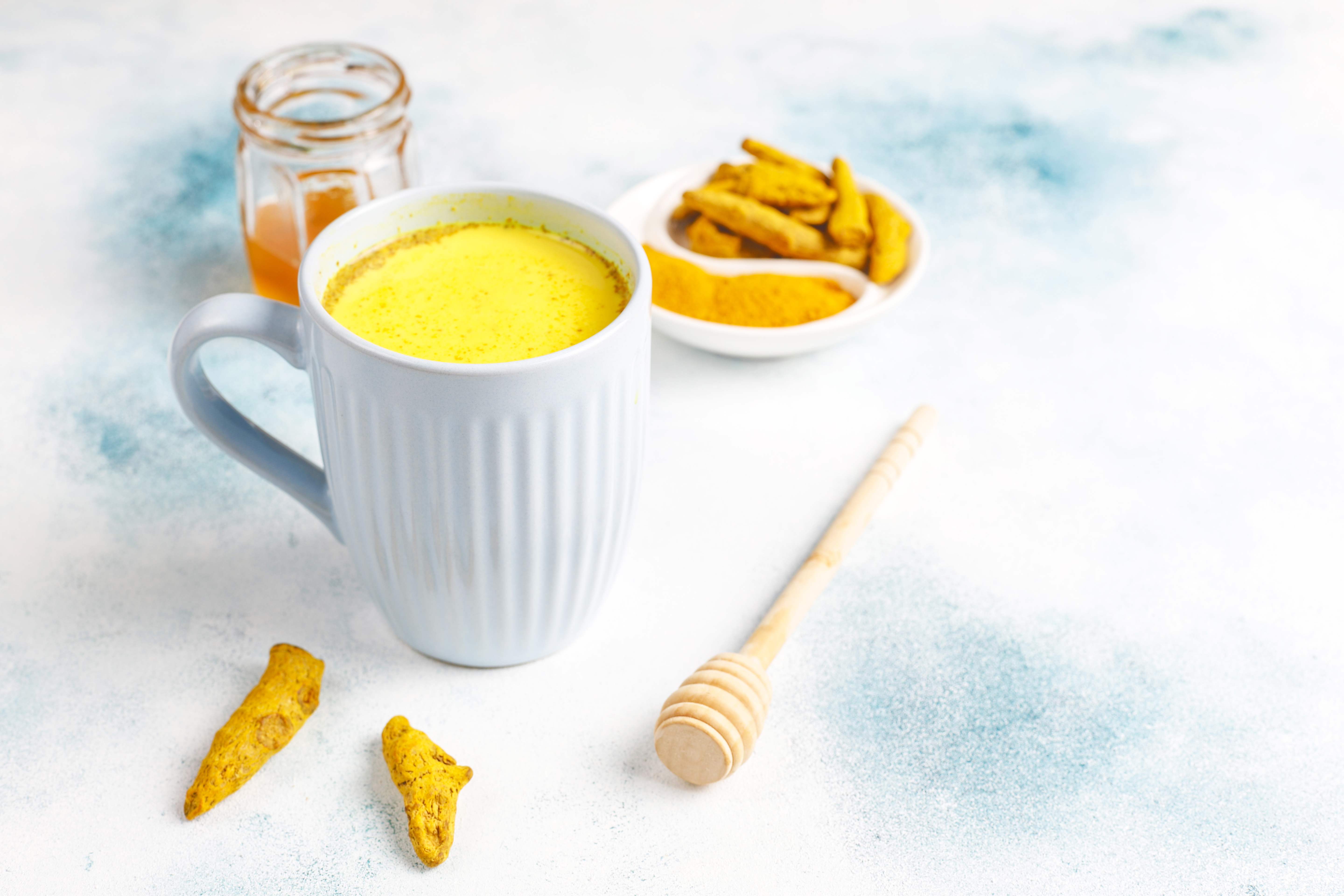
Turmeric, a vibrant yellow spice commonly found in kitchens worldwide, is renowned for its anti-inflammatory properties. The active compound in turmeric, curcumin, has been extensively studied for its ability to inhibit the molecules that cause inflammation. Curcumin achieves this by blocking the nuclear factor kappa B (NF-kB), a protein complex that plays a key role in inflammatory processes. Incorporating turmeric into your diet can be as simple as adding it to soups, stews, or smoothies. For enhanced absorption, pair turmeric with black pepper, which contains piperine—a compound known to increase curcumin's bioavailability by up to 2000%.
2. Ginger - Nature’s Anti-Inflammatory Root
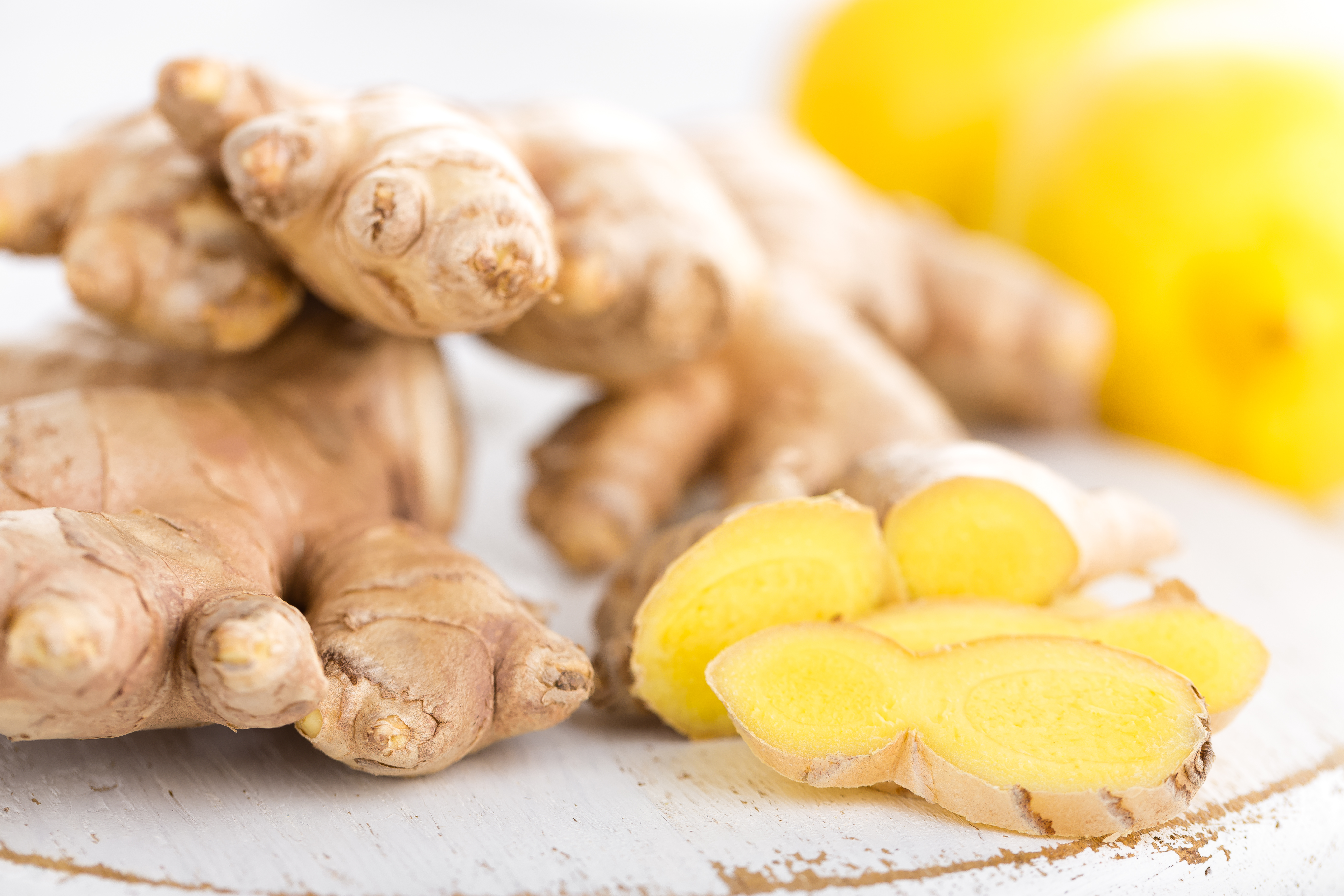
Ginger, a staple in both culinary and medicinal traditions, is another potent anti-inflammatory agent. The rhizome contains gingerols and shogaols, compounds that have been shown to reduce inflammation and pain. Ginger's effectiveness in alleviating symptoms of arthritis and muscle soreness is well-documented. To incorporate ginger into your routine, consider making ginger tea by steeping fresh slices in hot water or adding grated ginger to stir-fries and baked goods. Its versatility and distinctive flavor make it an easy addition to many dishes, providing both health benefits and culinary delight.
3. The Omega-3 Advantage
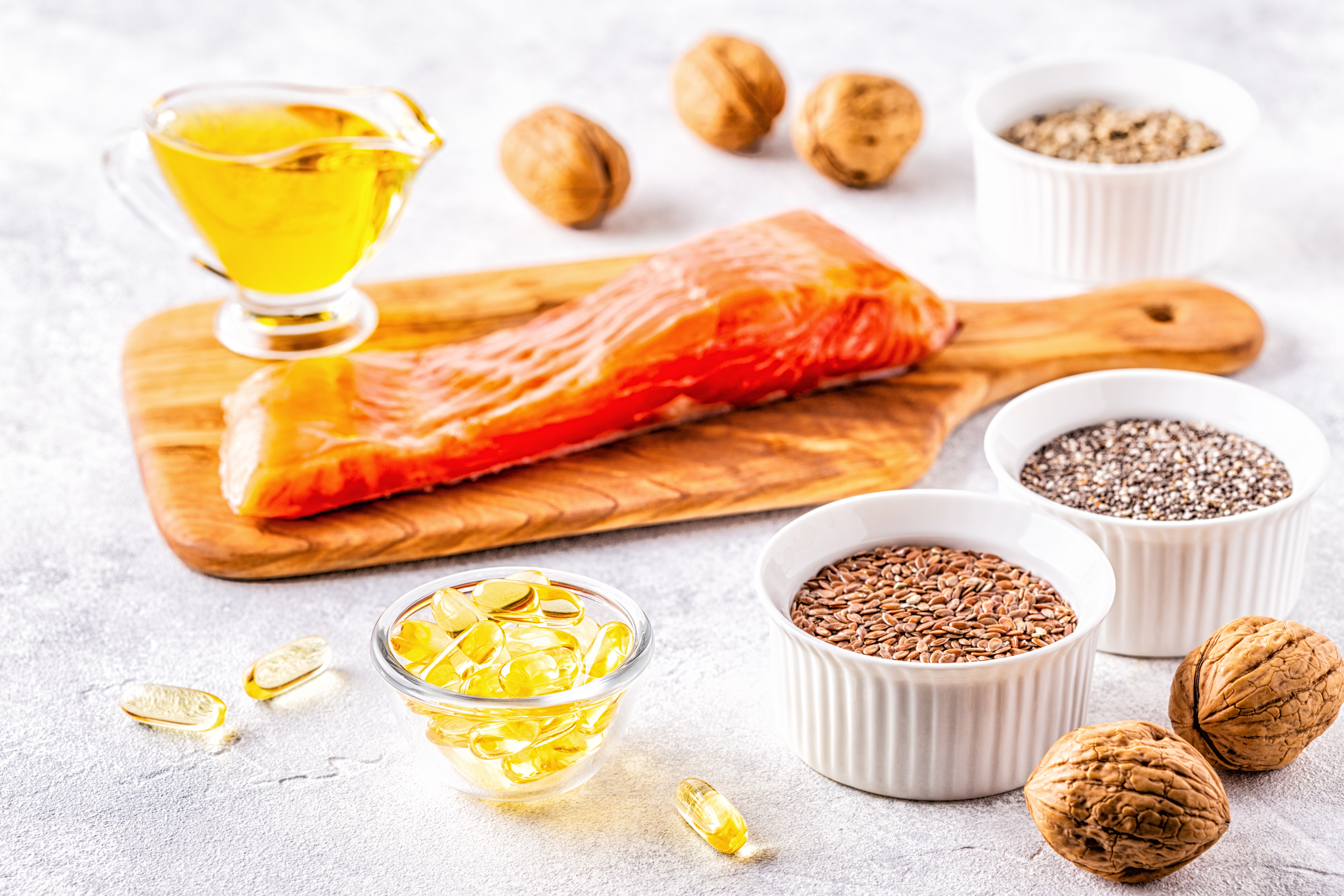
Omega-3 fatty acids, primarily found in fatty fish and certain seeds, are essential fats that play a significant role in reducing inflammation. They work by decreasing the production of inflammatory eicosanoids and cytokines. While fish like salmon and mackerel are excellent sources, pantry staples such as flaxseeds and chia seeds also offer a plant-based alternative. These seeds can be easily added to smoothies, oatmeal, or yogurt, providing a convenient way to boost your omega-3 intake. Regular consumption of omega-3s has been linked to reduced risk of chronic diseases, making them a vital component of an anti-inflammatory diet.
4. The Power of Olive Oil
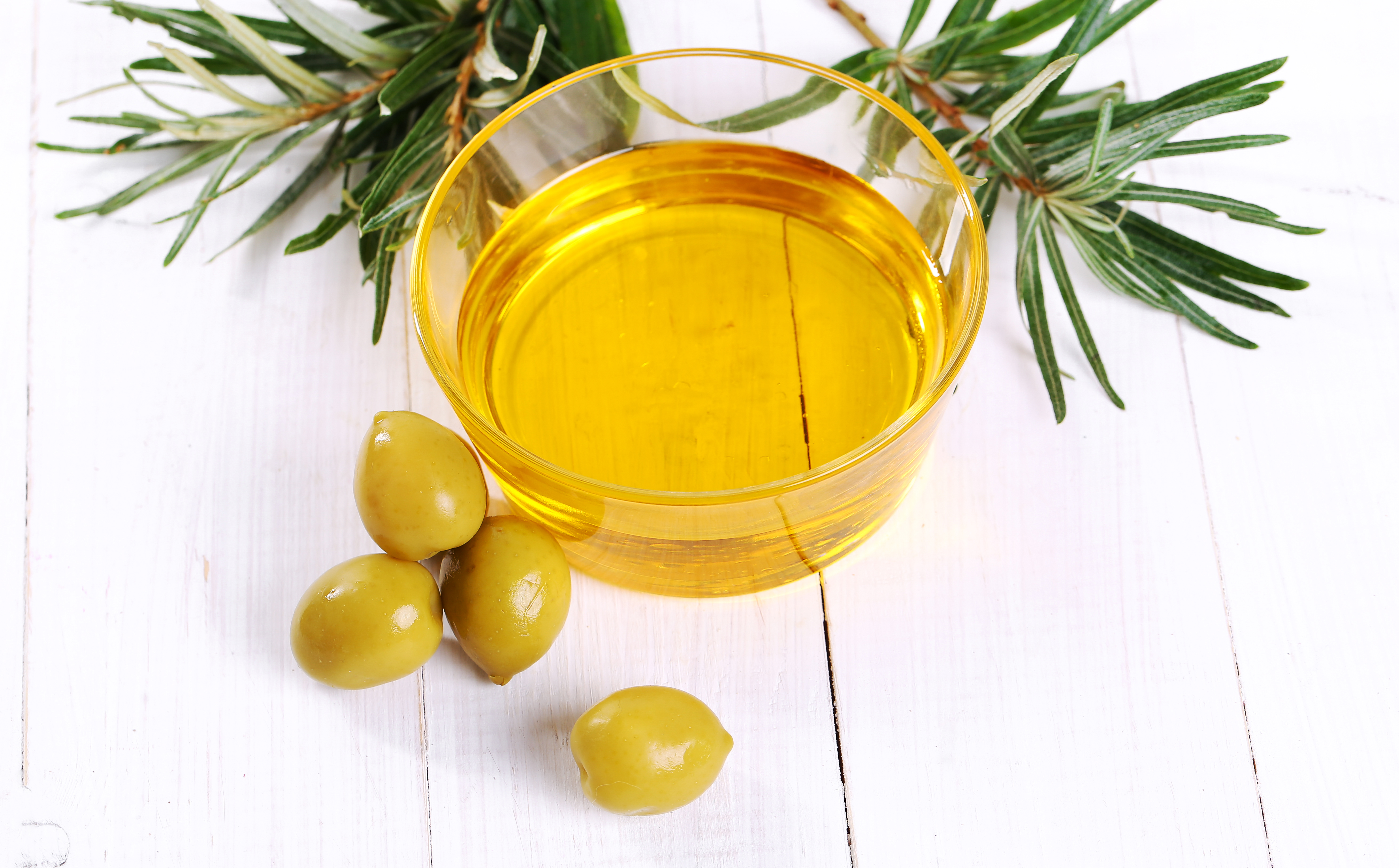
Olive oil, a cornerstone of the Mediterranean diet, is not only a healthy fat but also a powerful anti-inflammatory agent. Rich in monounsaturated fats and antioxidants like oleocanthal, olive oil mimics the effects of ibuprofen in reducing inflammation. Studies have shown that regular consumption of olive oil can lower markers of inflammation, such as C-reactive protein (CRP). Use extra virgin olive oil as a salad dressing, drizzled over vegetables, or as a cooking oil to harness its health benefits. Its ability to enhance flavor while promoting health makes it an invaluable pantry staple.
5. Berries - Sweet Anti-Inflammatory Treats
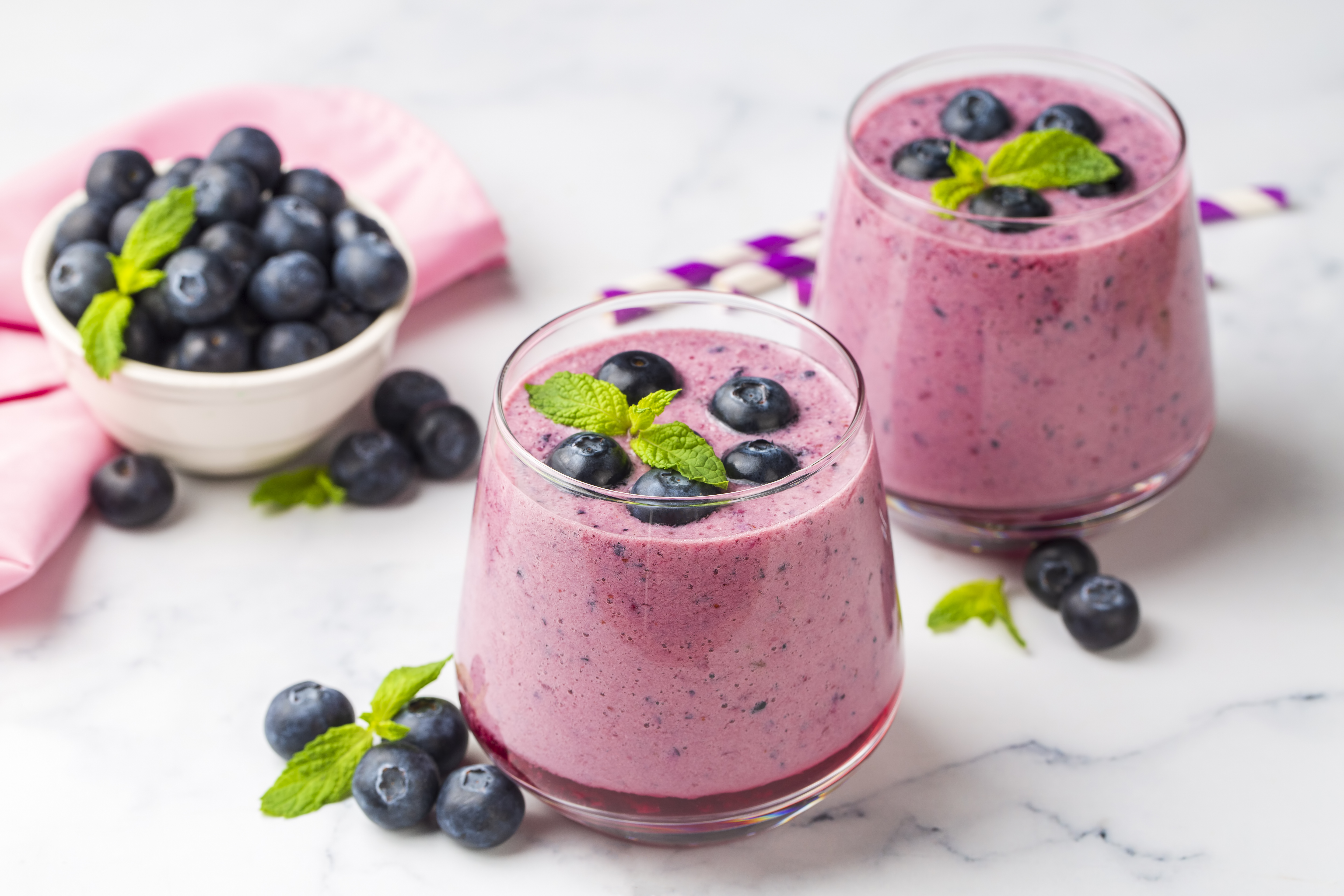
Berries, including blueberries, strawberries, and raspberries, are not only delicious but also packed with anti-inflammatory properties. They are rich in antioxidants, particularly anthocyanins, which help reduce inflammation by neutralizing free radicals. Regular consumption of berries has been associated with lower levels of inflammation and improved heart health. Enjoy them fresh, frozen, or dried, and add them to cereals, smoothies, or desserts. Their natural sweetness and nutritional profile make them a delightful and beneficial addition to any diet focused on reducing inflammation.
6. Garlic - A Flavorful Inflammation Fighter
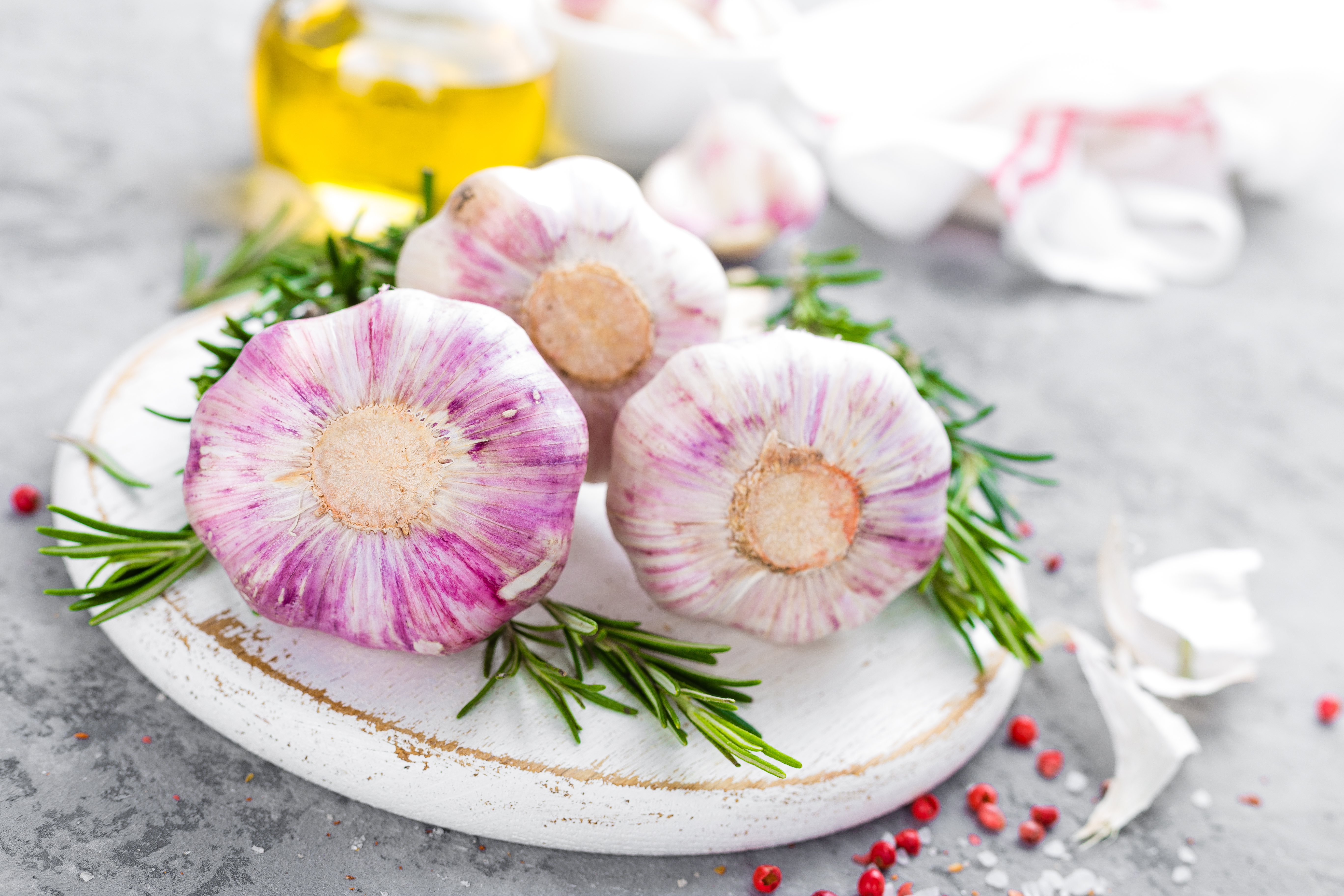
Garlic, a common ingredient in many cuisines, is celebrated for its distinct flavor and health benefits. It contains sulfur compounds, such as allicin, which have been shown to reduce inflammation. Garlic's anti-inflammatory effects are attributed to its ability to inhibit the activity of inflammatory enzymes and cytokines. Incorporate garlic into your meals by using it in sauces, marinades, or roasted vegetables. Its robust flavor enhances dishes while providing a natural way to combat inflammation and support overall health.
7. The Soothing Effects of Green Tea

Green tea, a popular beverage worldwide, is renowned for its health-promoting properties. Rich in polyphenols, particularly epigallocatechin gallate (EGCG), green tea has potent anti-inflammatory effects. These compounds help reduce inflammation by inhibiting the production of pro-inflammatory cytokines. Drinking green tea regularly can support heart health, improve brain function, and reduce the risk of chronic diseases. Enjoy it hot or cold, and consider adding a squeeze of lemon for added flavor and enhanced antioxidant absorption. Its refreshing taste and numerous benefits make green tea a valuable addition to an anti-inflammatory lifestyle.
8. Nuts and Seeds - Tiny Powerhouses

Nuts and seeds, such as almonds, walnuts, and sunflower seeds, are nutrient-dense foods that offer anti-inflammatory benefits. They are rich in healthy fats, fiber, and antioxidants, which work together to reduce inflammation. Walnuts, in particular, are high in omega-3 fatty acids, while almonds provide vitamin E, a powerful antioxidant. Incorporate nuts and seeds into your diet by adding them to salads, yogurt, or as a convenient snack. Their satisfying crunch and nutritional value make them an ideal choice for those seeking to manage inflammation naturally.
9. The Magic of Cinnamon
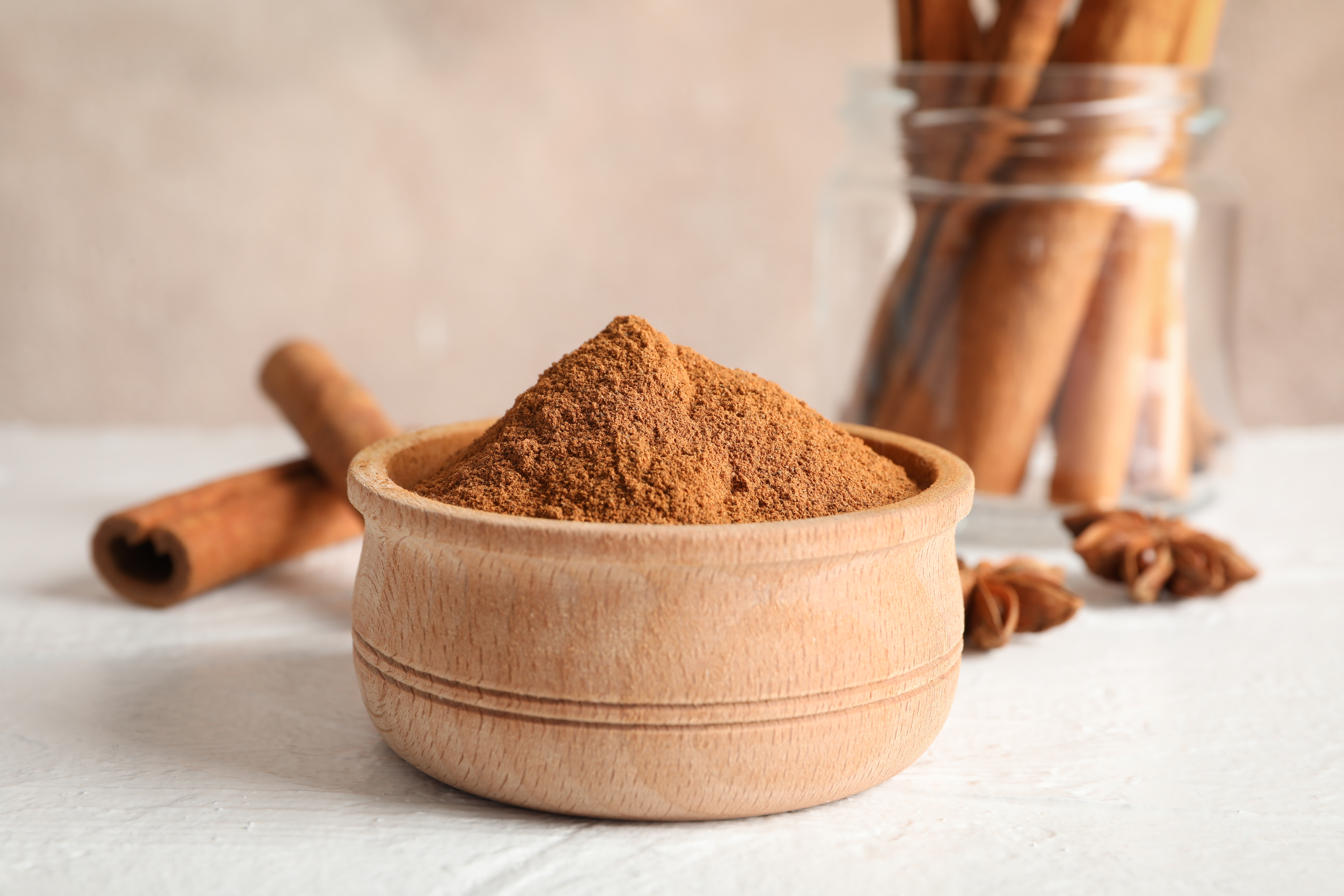
Cinnamon, a warm and aromatic spice, is not only a culinary delight but also a potent anti-inflammatory agent. It contains cinnamaldehyde, which has been shown to reduce inflammation by inhibiting the release of inflammatory molecules. Cinnamon's ability to lower blood sugar levels and improve insulin sensitivity further enhances its health benefits. Sprinkle cinnamon on oatmeal, add it to smoothies, or use it in baking to enjoy its flavor and anti-inflammatory properties. Its versatility and health-promoting effects make cinnamon a valuable addition to any pantry.
10. The Healing Properties of Honey
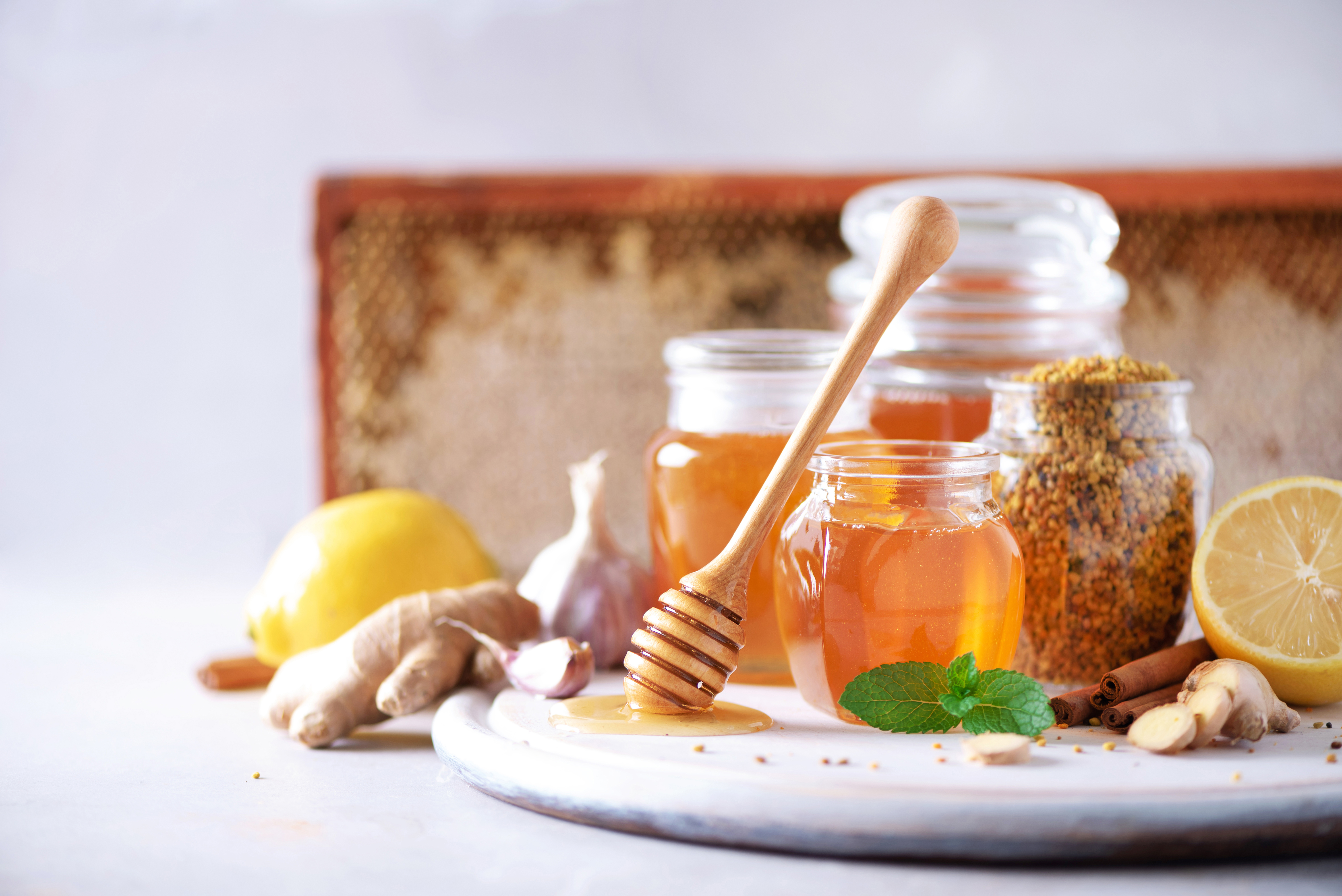
Honey, a natural sweetener with a rich history of medicinal use, offers anti-inflammatory benefits. It contains antioxidants and phenolic compounds that help reduce inflammation and support immune function. Honey's antimicrobial properties also make it effective in soothing sore throats and promoting wound healing. Use honey as a natural sweetener in teas, drizzled over yogurt, or as a base for salad dressings. Its natural sweetness and health benefits make it a versatile and beneficial ingredient in managing inflammation.
11. Fermented Foods - Gut Health and Inflammation
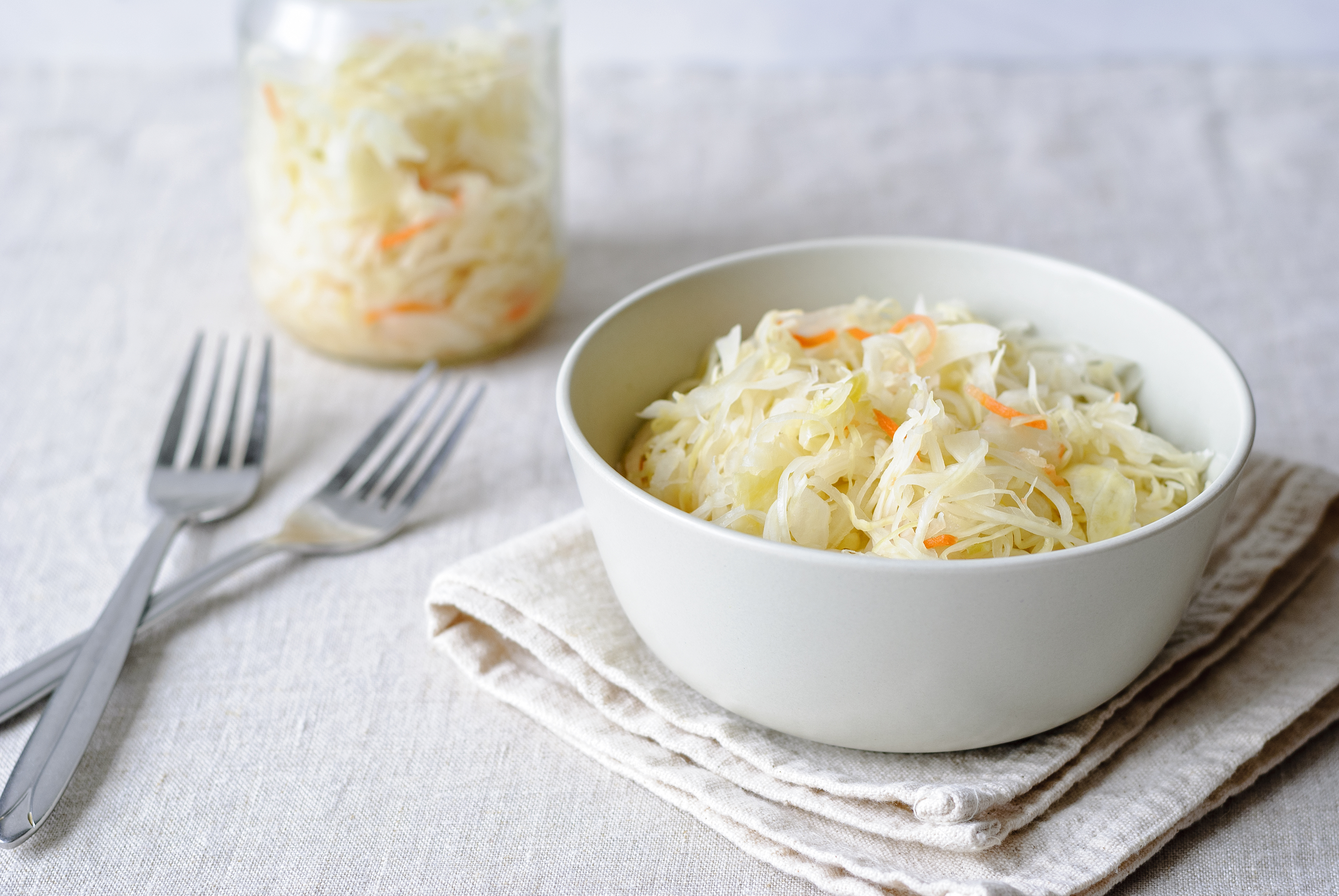
Fermented foods, such as yogurt, sauerkraut, and kimchi, are rich in probiotics, which support gut health and reduce inflammation. A healthy gut microbiome plays a crucial role in modulating the immune system and preventing chronic inflammation. Incorporating fermented foods into your diet can improve digestion, enhance nutrient absorption, and support overall health. Enjoy them as side dishes, toppings, or snacks to reap their anti-inflammatory benefits. Their tangy flavors and health-promoting properties make fermented foods a valuable addition to an anti-inflammatory diet.
12. The Role of Hydration

Proper hydration is essential for maintaining health and reducing inflammation. Water helps flush out toxins, transport nutrients, and maintain cellular function. Dehydration can exacerbate inflammatory processes and hinder the body's ability to heal. Aim to drink at least eight glasses of water daily, and consider herbal teas or infused water for added flavor. Staying hydrated supports the body's natural healing processes and enhances the effectiveness of other anti-inflammatory strategies.
13. Black Pepper: Turmeric's Best Friend
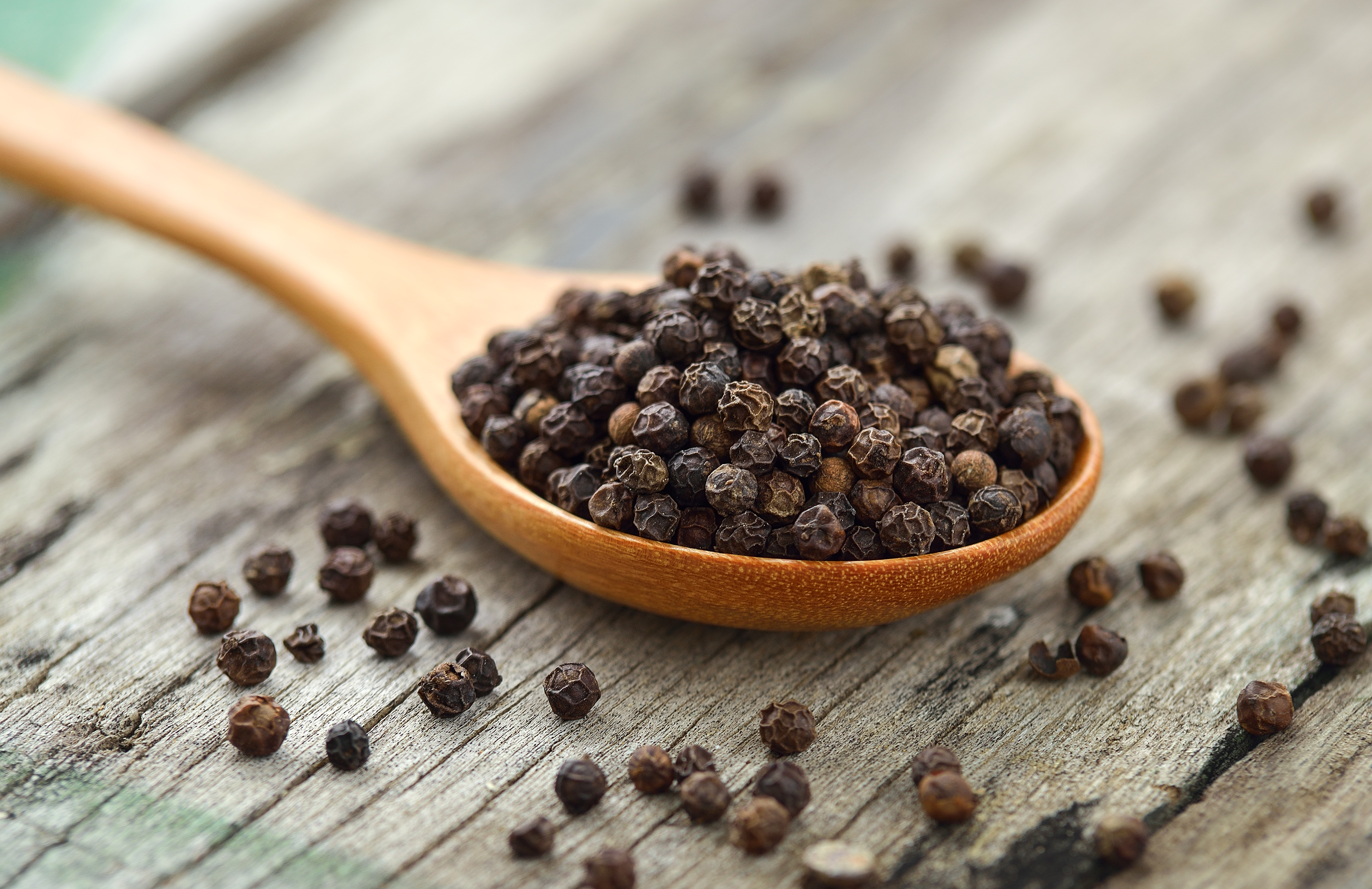
Don't underestimate the humble black peppercorn! Its star compound, piperine, is famous for dramatically boosting the absorption of turmeric's curcumin. But piperine is also an anti-inflammatory powerhouse in its own right, shown to interfere with inflammatory pathways and reduce pain perception. Keeping a pepper grinder handy ensures you maximize the benefits of other spices while adding its own unique anti-inflammatory kick to virtually any savory dish. It’s a simple yet crucial player in the pantry pharmacy.
14. Cloves: Potent Aromatic Power
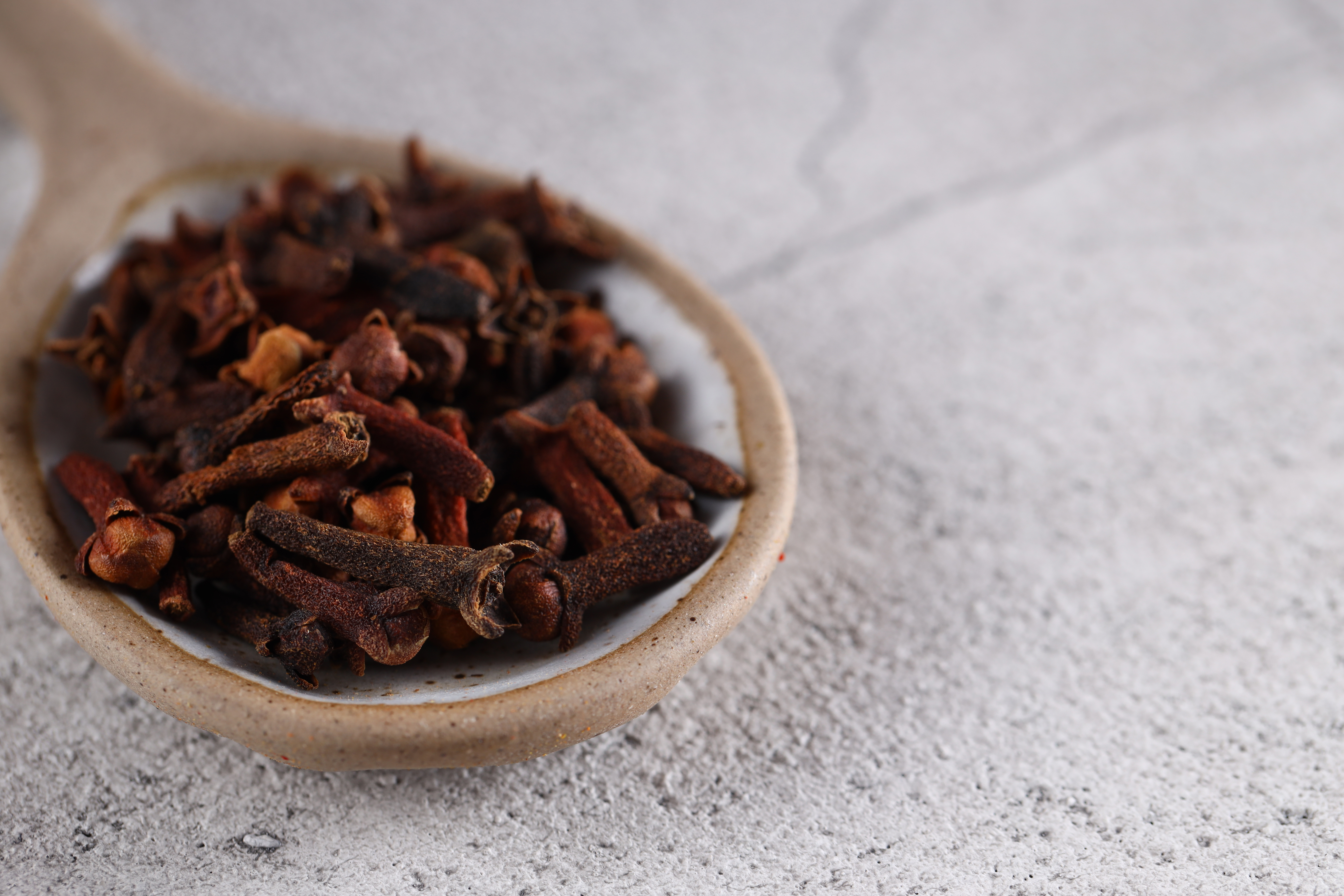
Cloves offer more than just a warm, festive aroma; they are packed with eugenol, a potent compound with significant anti-inflammatory properties. Studies suggest eugenol can inhibit COX-2, an enzyme involved in inflammation, similar to some anti-inflammatory drugs. Cloves boast one of the highest antioxidant capacities of all spices, further helping combat oxidative stress linked to chronic inflammation. Add whole cloves to simmering broths or mulled drinks, or use ground cloves sparingly in baked goods and spice blends for a powerful health boost.
15. Rosemary: The Fragrant Protector
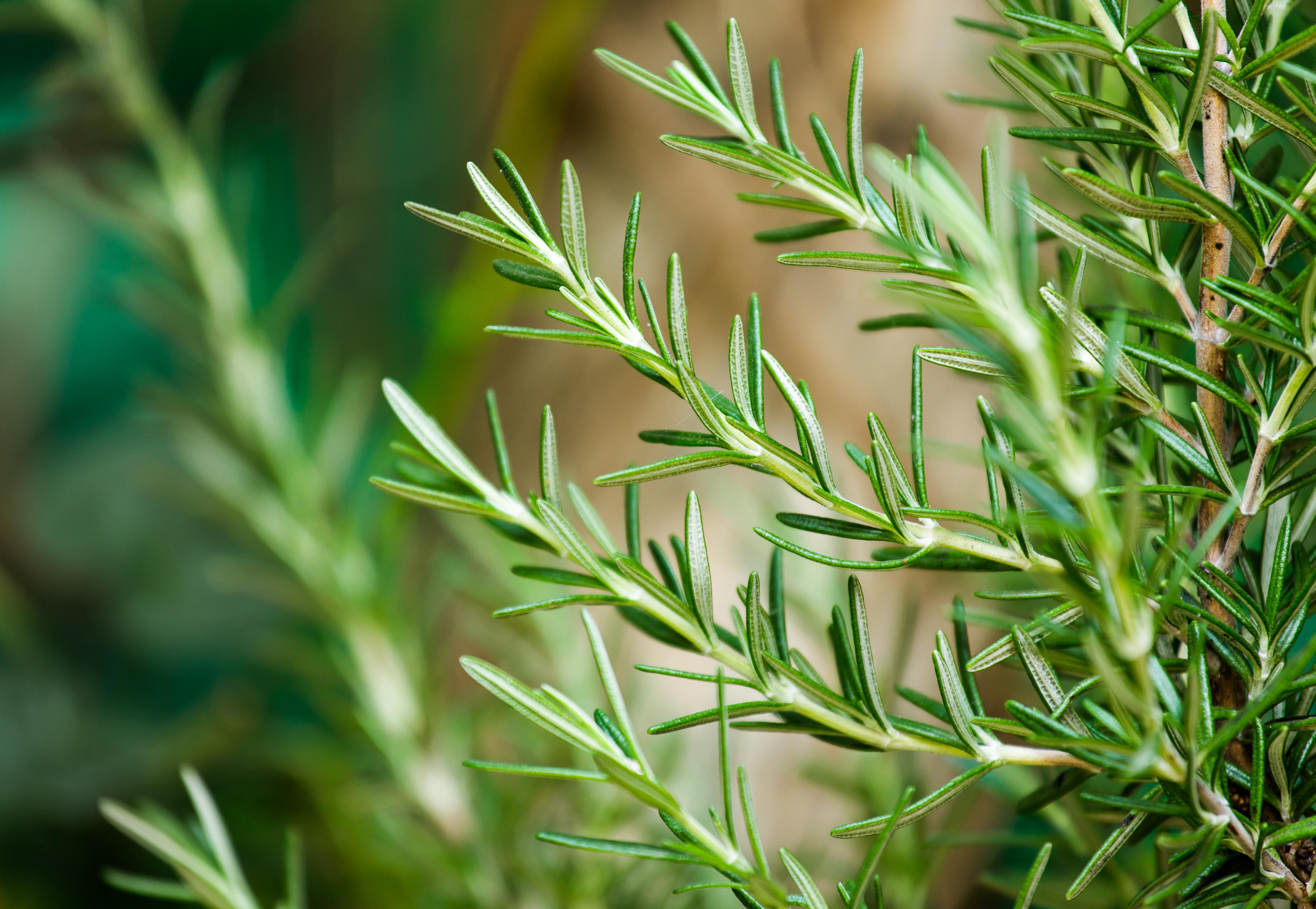
This aromatic herb contains powerful antioxidants and anti-inflammatory compounds like rosmarinic acid and carnosic acid. These compounds help neutralize free radicals and suppress inflammatory responses in the body. Rosemary has been traditionally used to ease muscle pain and improve circulation, partly due to its anti-inflammatory effects. Keep dried rosemary in your pantry to easily add to roasted vegetables, meats, breads, or infused oils. Its robust flavor and health benefits make it a fantastic addition to savory cooking.
16. Oregano: Mediterranean Might
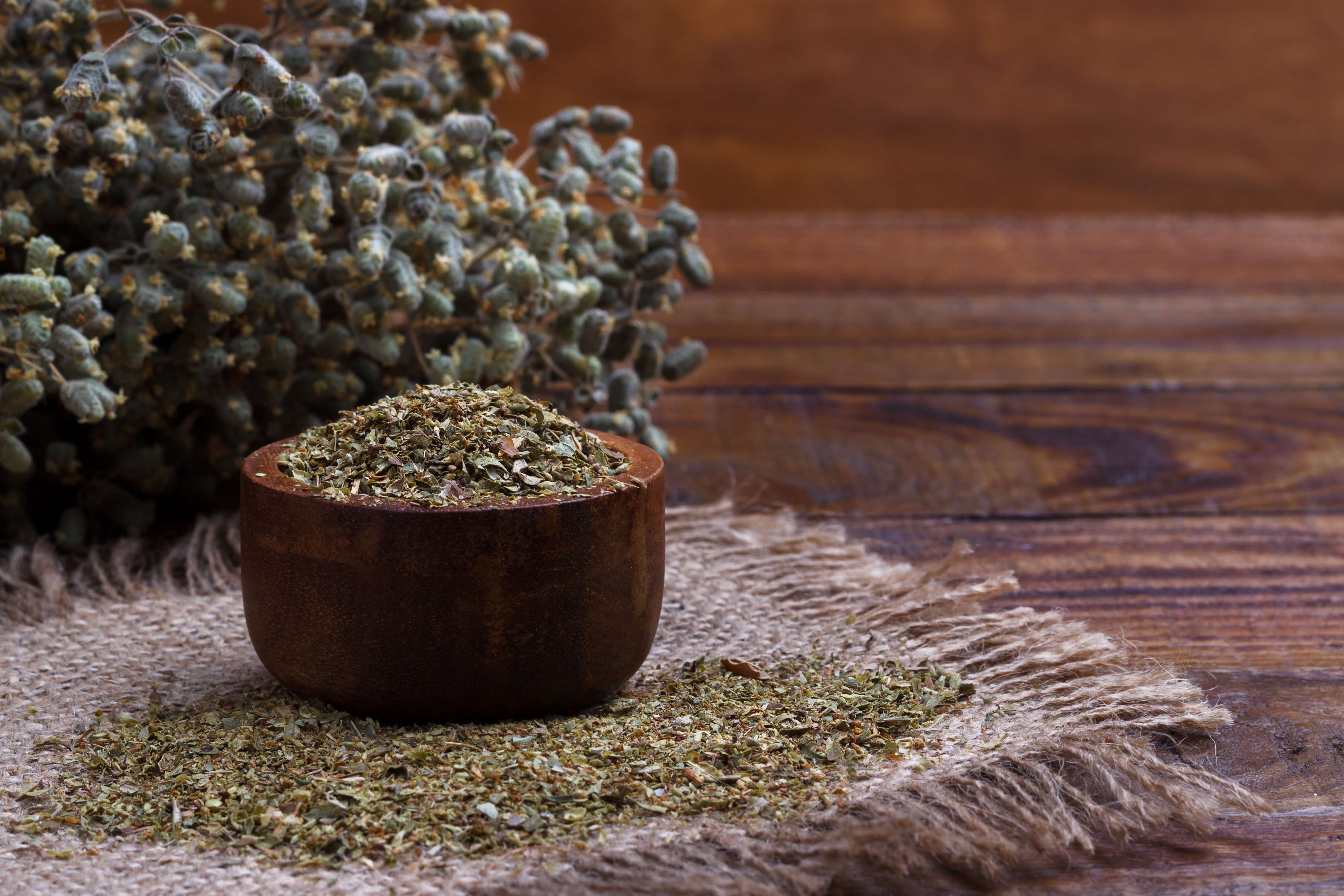
A staple in Mediterranean cooking, oregano is rich in antioxidants and potent compounds like carvacrol and thymol, which possess strong anti-inflammatory and antimicrobial properties. These compounds can help fight inflammation by modulating immune responses and inhibiting pro-inflammatory enzymes. Dried oregano retains much of its potency and is incredibly versatile. Sprinkle it generously into pasta sauces, vinaigrettes, pizzas, or over roasted vegetables to harness its protective benefits and add that classic Mediterranean flavor.
17. Cocoa Powder/Dark Chocolate: Flavanol Richness
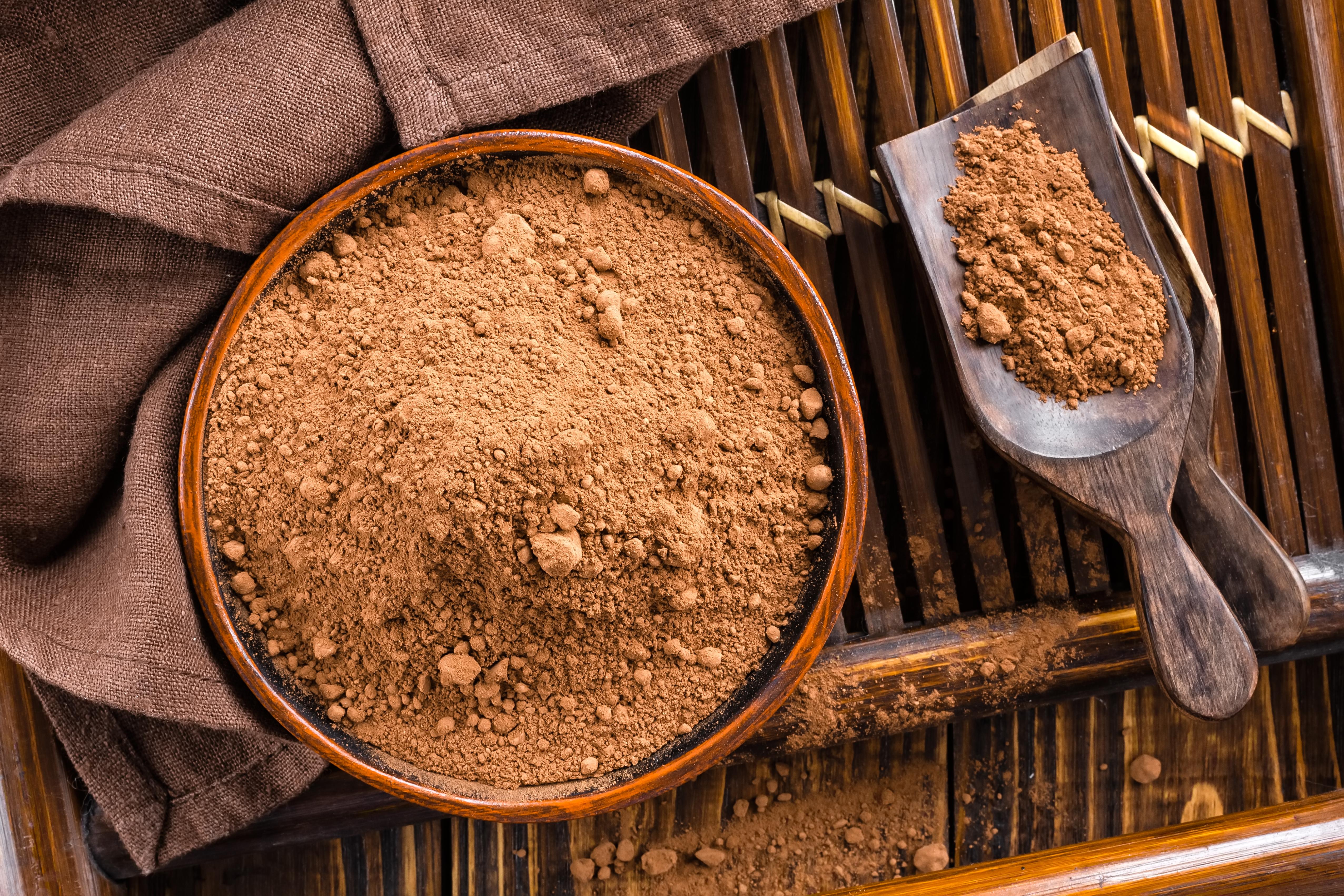
Good news for chocolate lovers! Unsweetened cocoa powder and high-percentage dark chocolate (70%+) are loaded with flavanols, powerful antioxidants with significant anti-inflammatory effects. These compounds can improve blood flow, protect blood vessel linings, and reduce markers of systemic inflammation. Choosing minimally processed cocoa or dark chocolate ensures you get the maximum flavanol content. Add cocoa powder to smoothies or oatmeal, or enjoy a small square of dark chocolate for a delicious, heart-healthy, inflammation-fighting treat.
18. Legumes: Fiber-Fueled Gut Health
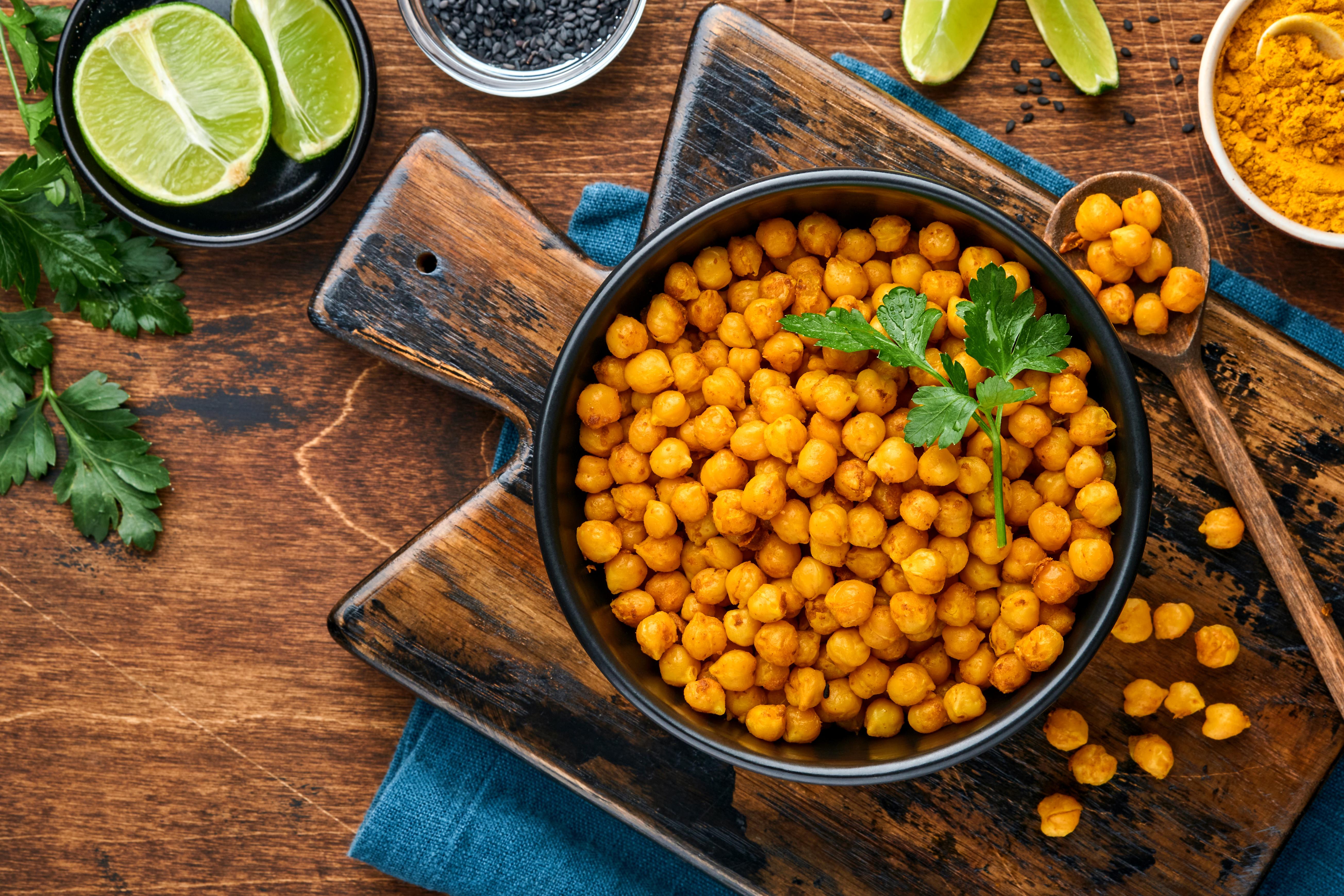
Pantry staples like dried beans, lentils, and chickpeas are inflammation-fighting heroes primarily through their high fiber content. This fiber, including resistant starch, feeds beneficial gut bacteria, which in turn produce short-chain fatty acids (SCFAs) like butyrate. Butyrate is profoundly anti-inflammatory, nourishing colon cells and reducing systemic inflammation. Regularly including legumes in soups, stews, salads, and dips supports a healthy gut microbiome, a cornerstone of managing chronic inflammation throughout the body.
19. Whole Grains: Sustained Energy, Reduced Inflammation
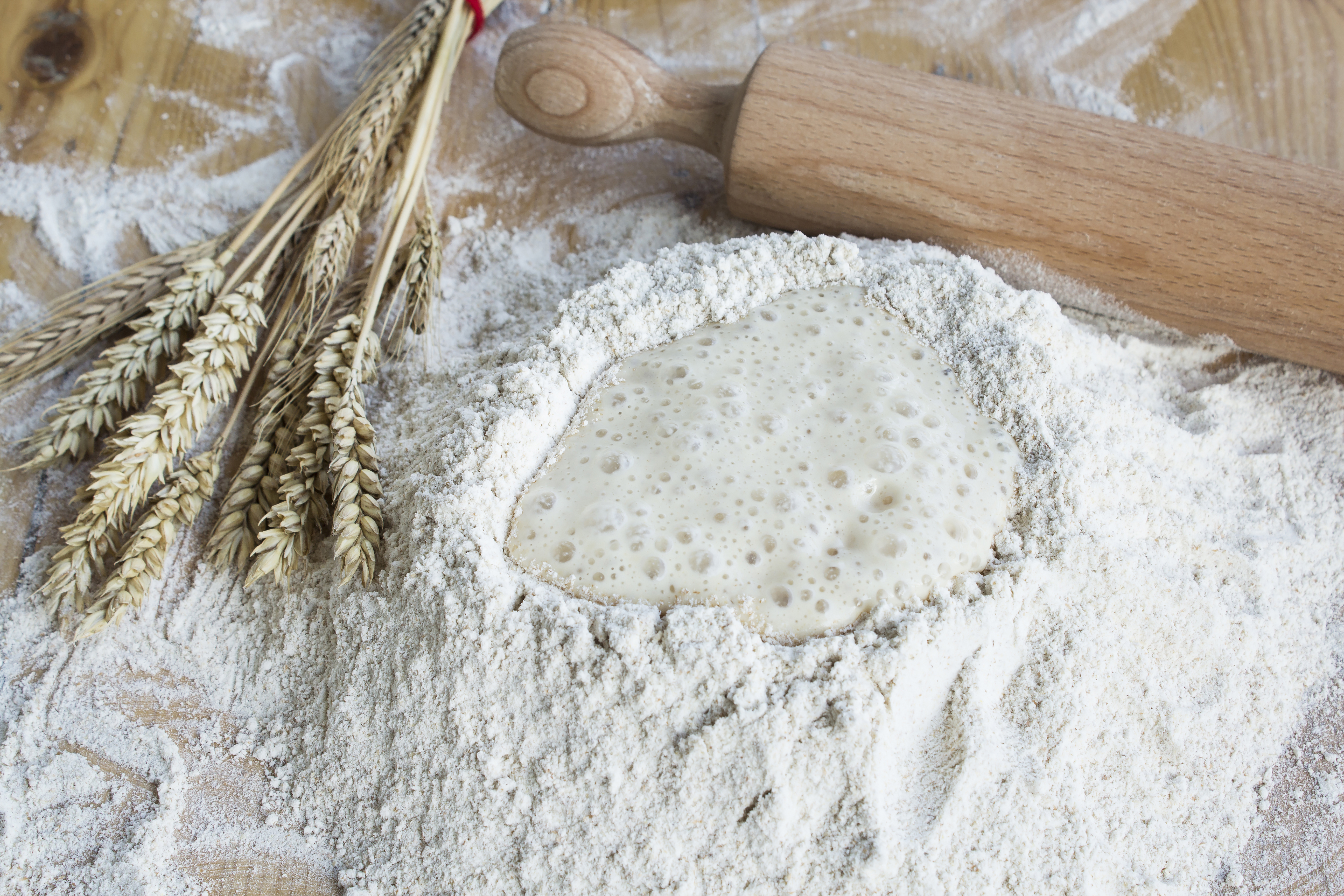
Unlike refined grains which can spike blood sugar and potentially increase inflammation, whole grains like oats, brown rice, quinoa, and whole wheat flour are packed with fiber. This fiber helps regulate blood sugar, promotes gut health (feeding good bacteria), and has been linked to lower levels of inflammatory markers like C-reactive protein (CRP). Swapping refined grains for whole versions provides sustained energy and contributes to an overall anti-inflammatory dietary pattern. Keep a variety in your pantry for versatile meal options.
20. Apple Cider Vinegar: Fermented Functionality
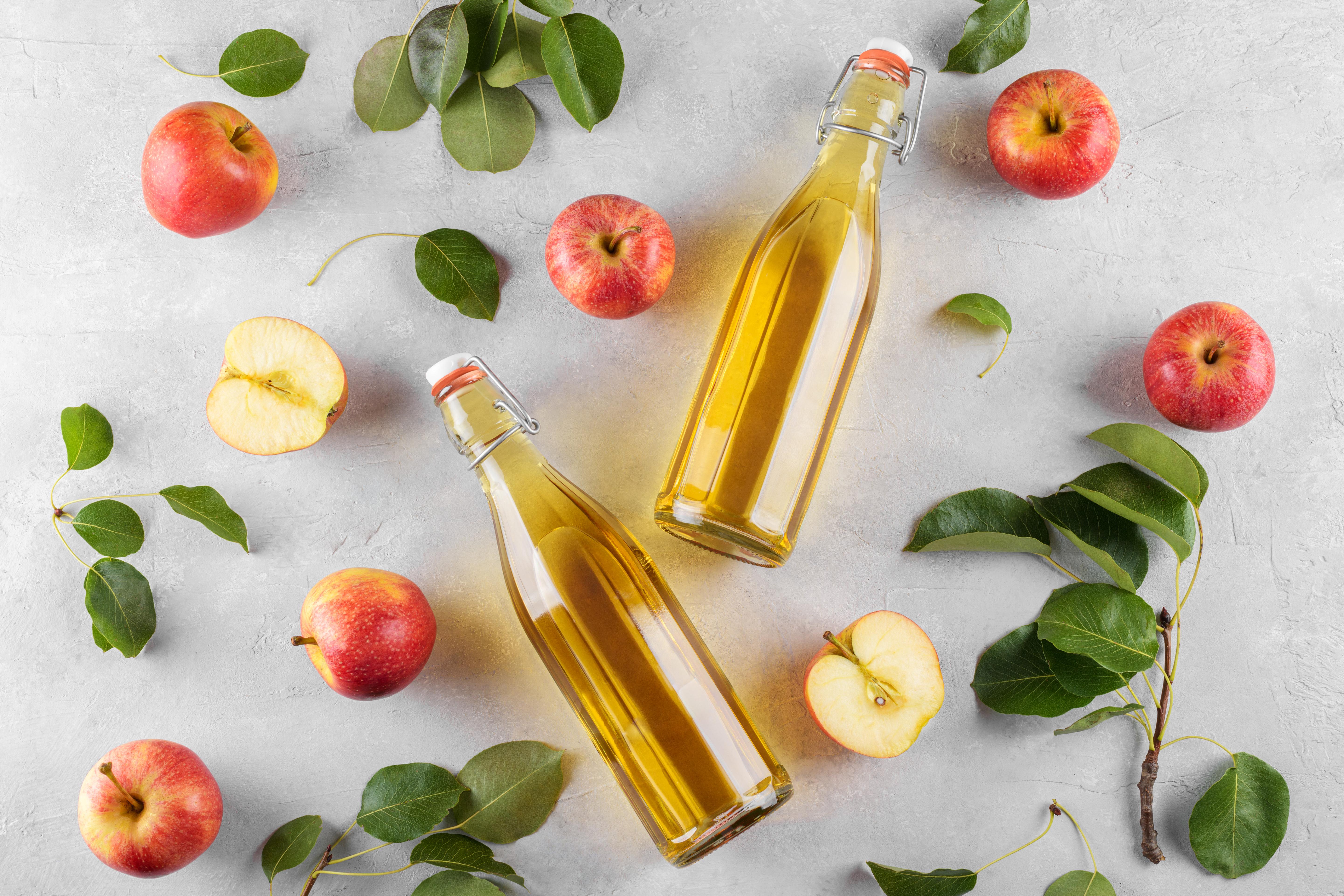
While more research is needed, apple cider vinegar (ACV) is a popular pantry staple believed to possess anti-inflammatory properties, often attributed to its acetic acid content and polyphenols developed during fermentation. Some preliminary studies suggest it may help modulate immune responses. Many people use diluted ACV in dressings, marinades, or tonic drinks. Opt for raw, unfiltered ACV "with the mother" (strands of proteins, enzymes, and friendly bacteria) for potential probiotic benefits that could indirectly influence inflammation via gut health.
21. Mustard Seeds/Mustard: Pungent Protection
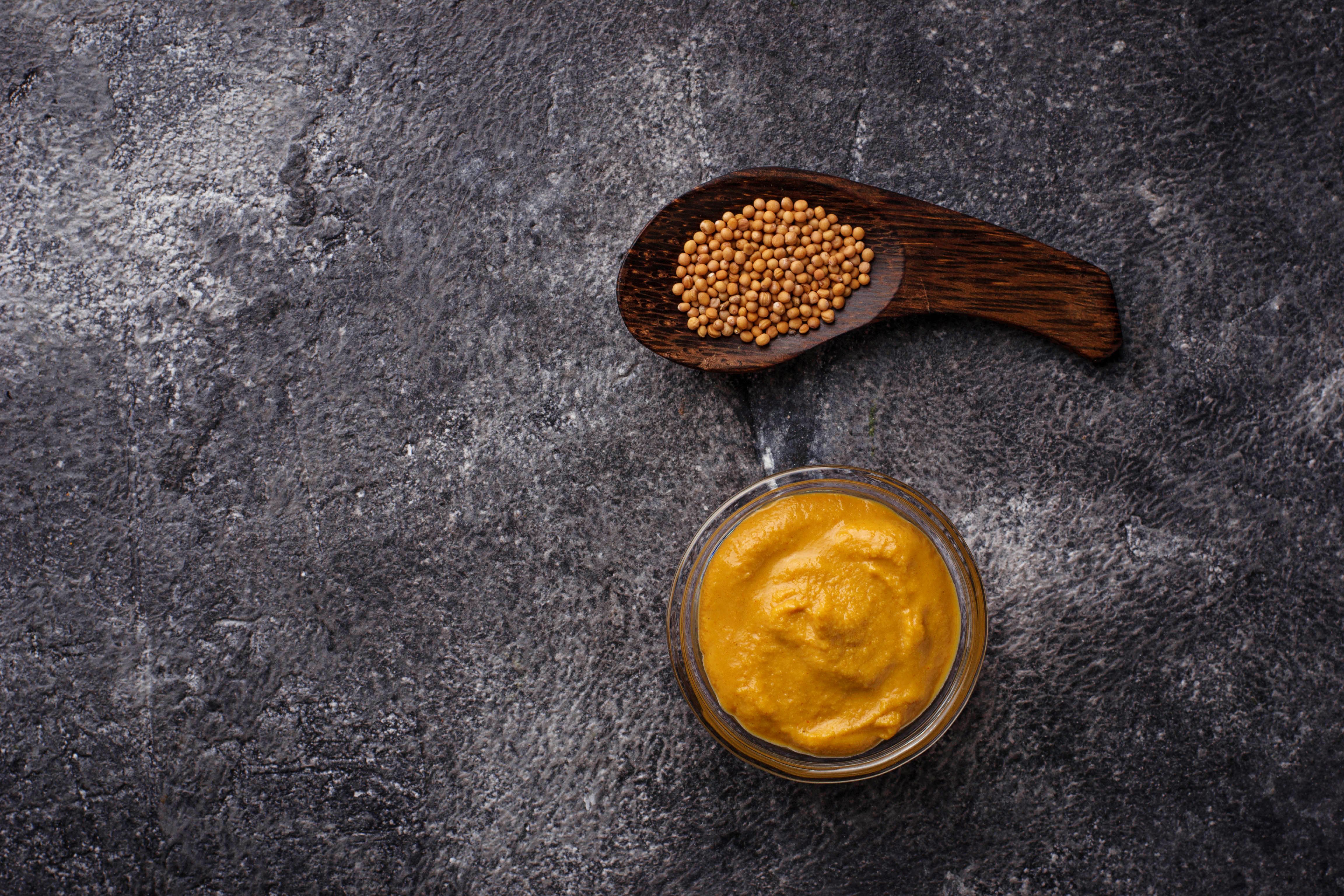
Mustard seeds, and the prepared mustard made from them, contain compounds called glucosinolates. When crushed or chewed, these break down into isothiocyanates, which have demonstrated anti-inflammatory and antioxidant effects in studies. Different mustard varieties offer different flavor profiles, but the underlying compounds provide potential health benefits. Keep mustard seeds on hand for pickling or spice blends, and use prepared mustard (check for low sugar/sodium) generously as a condiment or in dressings for flavor and function.
22. Cayenne Pepper/Chili Flakes: Capsaicin's Heat
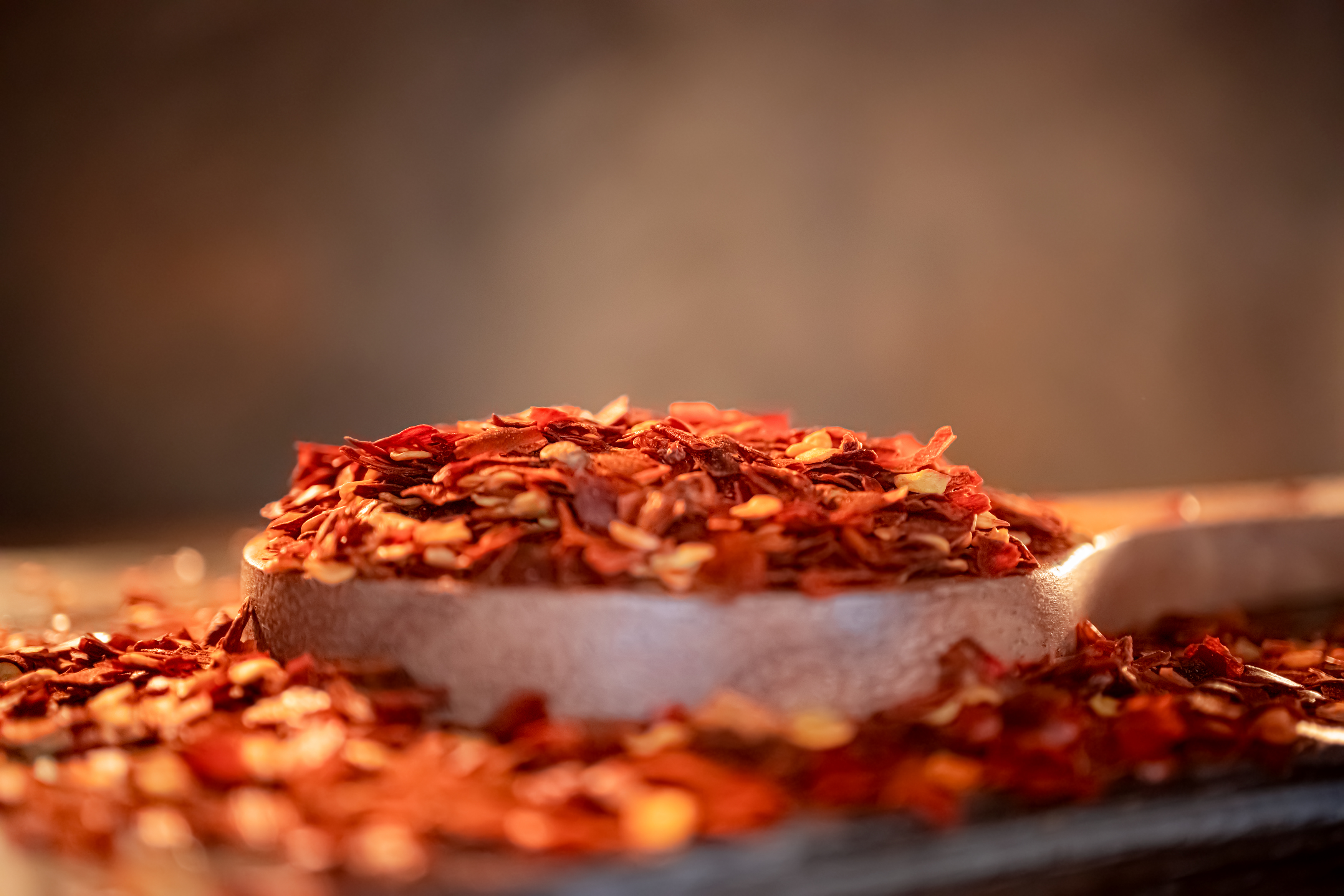
The heat in cayenne pepper and chili flakes comes from capsaicin, a compound renowned for its pain-relieving and anti-inflammatory properties. Capsaicin works partly by depleting substance P, a neurotransmitter involved in sending pain signals, and by inhibiting inflammatory pathways like NF-kB. Adding a pinch of cayenne or chili flakes to dishes not only provides a spicy kick but can also contribute to reducing inflammation over time. Use it in moderation to spice up soups, stews, eggs, or marinades.
23. Black Beans: Budget-Friendly Inflammation Fighters
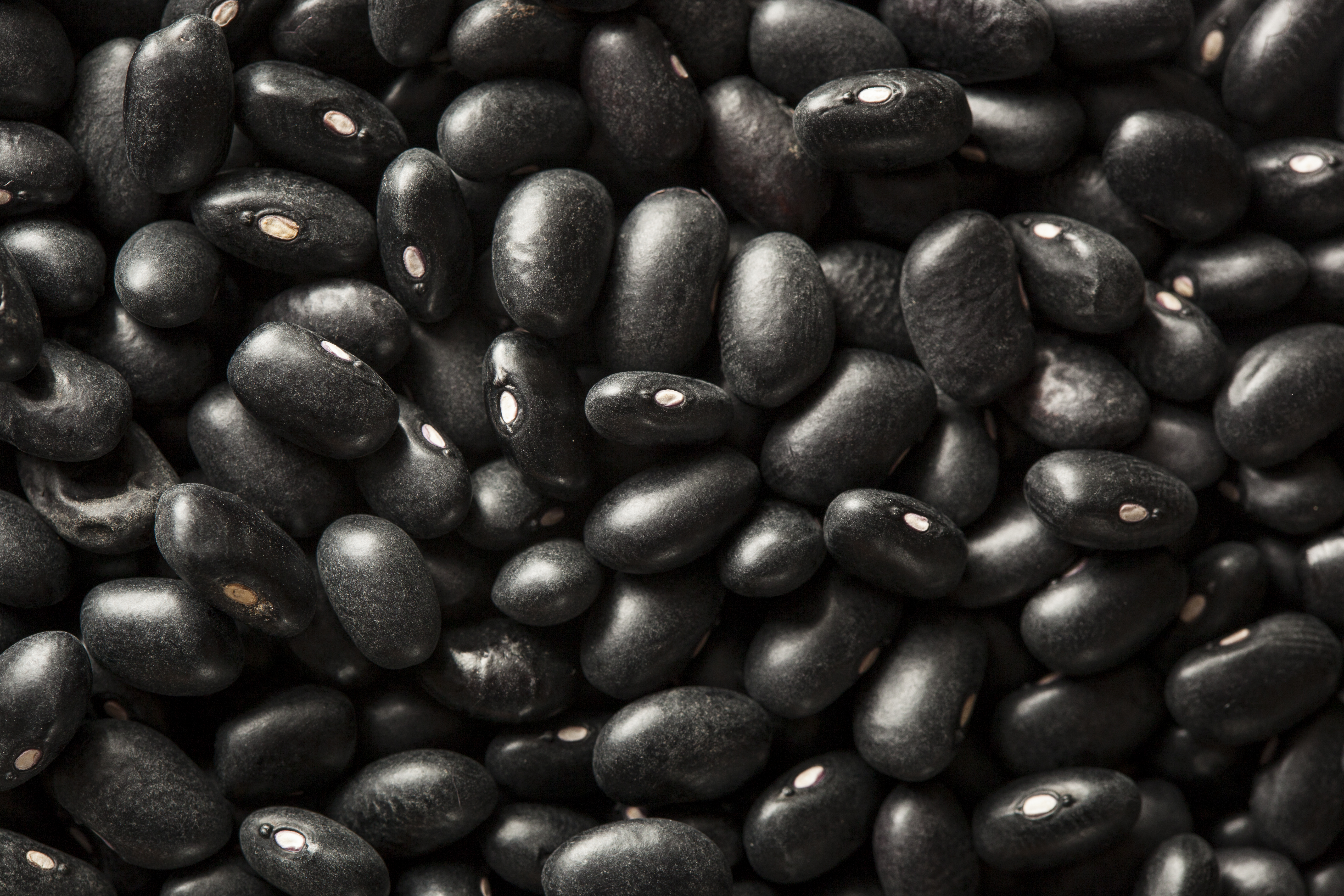
Black beans aren’t just affordable—they’re a nutritional powerhouse loaded with fiber, plant-based protein, magnesium, and polyphenols that help lower inflammation. Their dark pigment signals a high antioxidant content, particularly anthocyanins, which protect against oxidative stress and support heart health. Black beans also stabilize blood sugar, reducing inflammatory spikes. Toss them into salads, grain bowls, soups, or tacos for a satisfying, gut-nourishing boost. Canned versions work in a pinch—just choose low-sodium or rinse thoroughly. When it comes to pantry staples, black beans offer one of the highest anti-inflammatory returns per dollar—and they’re incredibly versatile.
24. Sun-Dried Tomatoes: Concentrated Antioxidant Punch
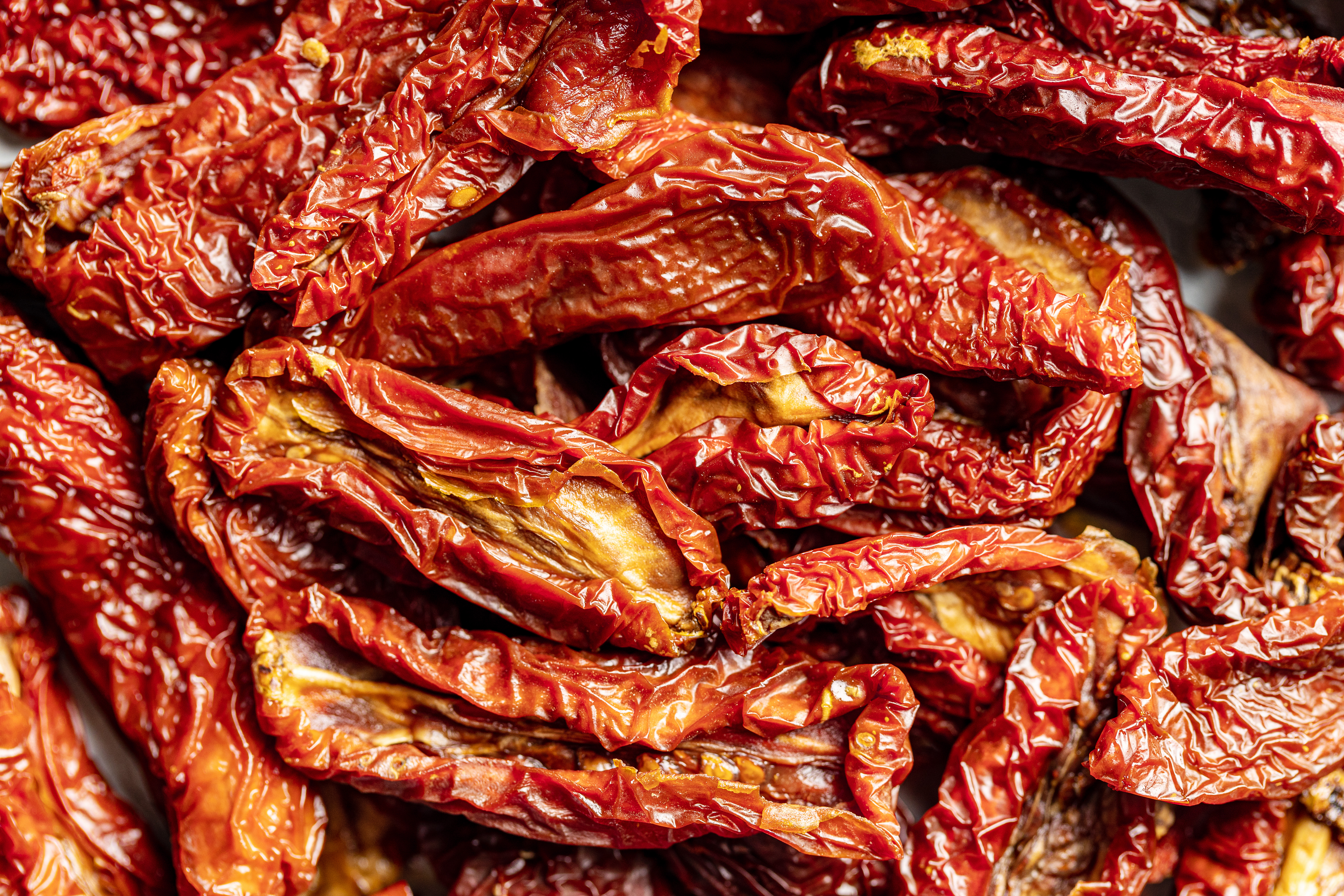
Sun-dried tomatoes may be small, but they’re intensely rich in lycopene—a powerful antioxidant linked to lower inflammation and reduced risk of chronic disease. The drying process actually concentrates lycopene levels far beyond fresh tomatoes, making these pantry staples a stealthy superfood. They also provide fiber, potassium, and vitamin C. Add chopped sun-dried tomatoes (unsalted, if possible) to pastas, pestos, salads, or grain bowls for a tangy, umami-rich upgrade that fights inflammation while elevating flavor. Just a handful can deliver serious nutritional impact without the water weight of fresh produce.
25. Tahini: Creamy, Nut-Free Anti-Inflammatory Boost
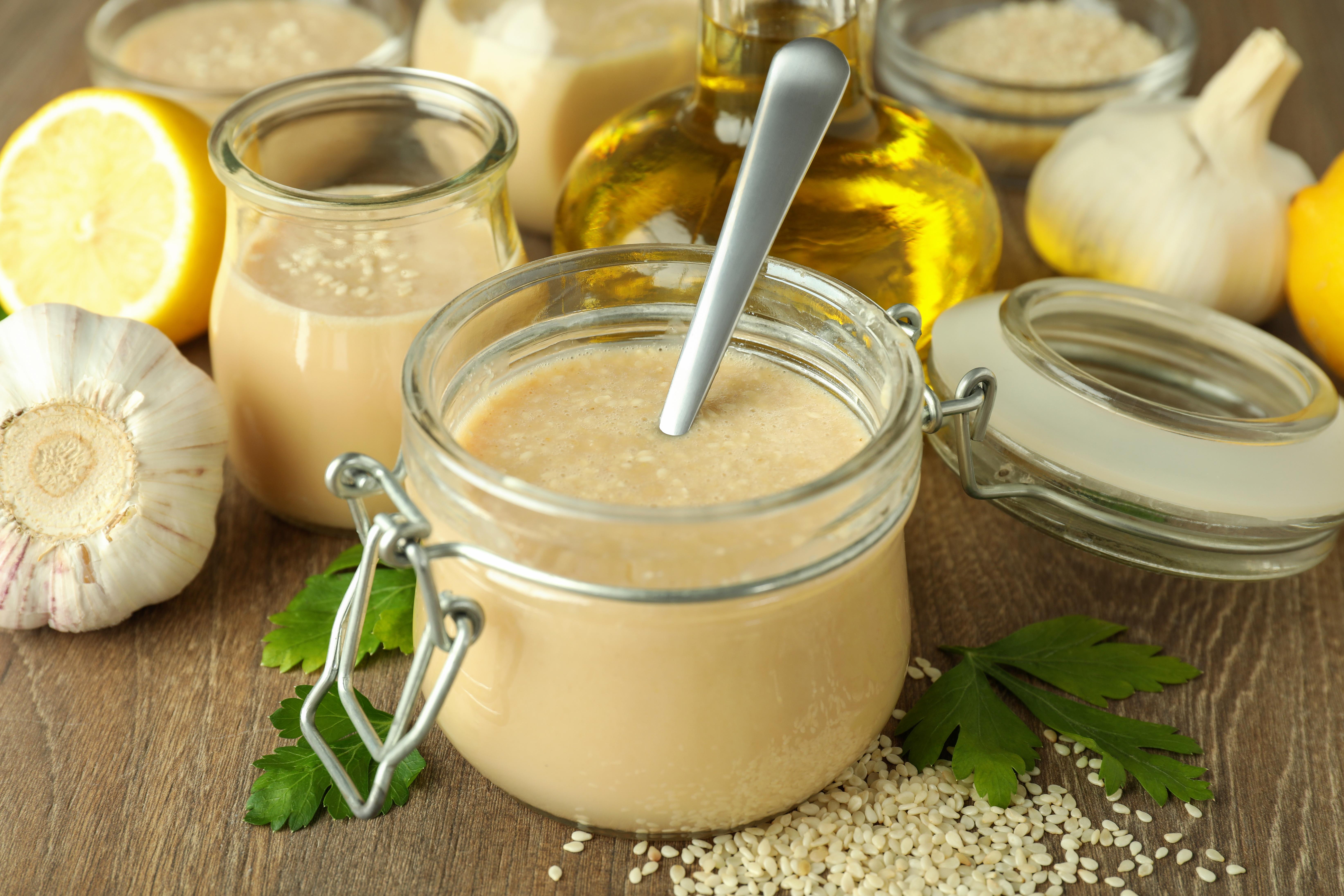
Made from ground sesame seeds, tahini is a smooth, earthy spread packed with anti-inflammatory lignans, healthy fats, and plant-based protein. It also contains magnesium and zinc, both of which play a role in reducing oxidative stress and regulating immune responses. Tahini is a staple in Mediterranean and Middle Eastern diets—two eating patterns known for their anti-inflammatory benefits. Use it as a base for dressings, sauces, or dips (hello, homemade hummus), or drizzle over roasted vegetables for a creamy, satisfying finish. It’s nut-free, shelf-stable, and a smart, flavor-rich weapon in your anti-inflammatory arsenal.
26. Canned Sardines: Tiny Fish, Big Benefits
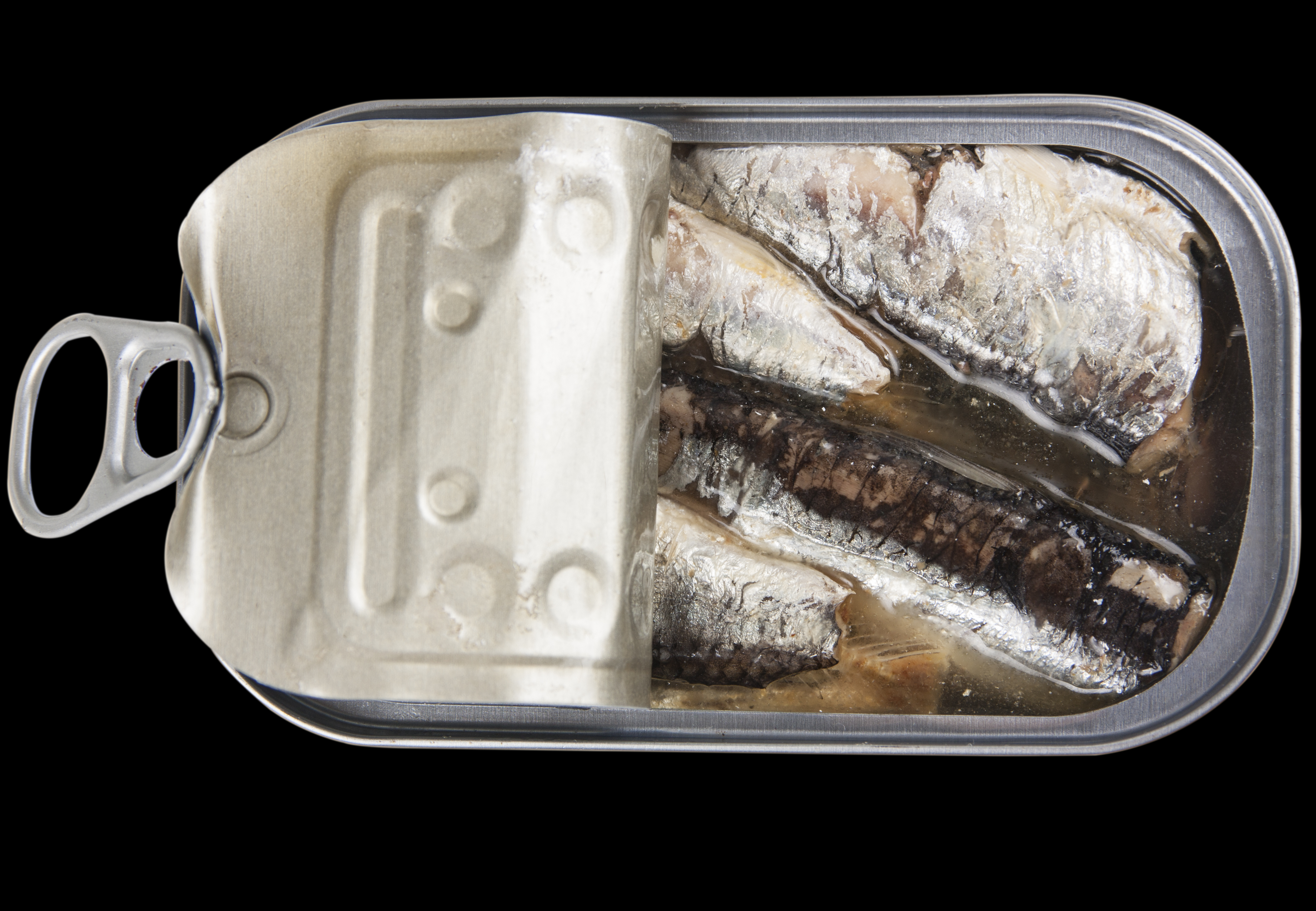
Don’t let their size fool you—sardines are a powerhouse of omega-3 fatty acids, vitamin D, calcium, and selenium, all of which help reduce inflammation and support brain, bone, and heart health. Unlike larger fish, sardines are low in mercury, sustainably sourced, and incredibly shelf-stable. Their high omega-3 content rivals even salmon, and their tiny, edible bones add a calcium boost that supports joint and nerve function. Add them to salads, crackers, pasta, or toast with a squeeze of lemon. For pantry protein with anti-inflammatory impact, sardines punch far above their weight class.
27. Fennel Seeds: Aromatic Digestive Soother
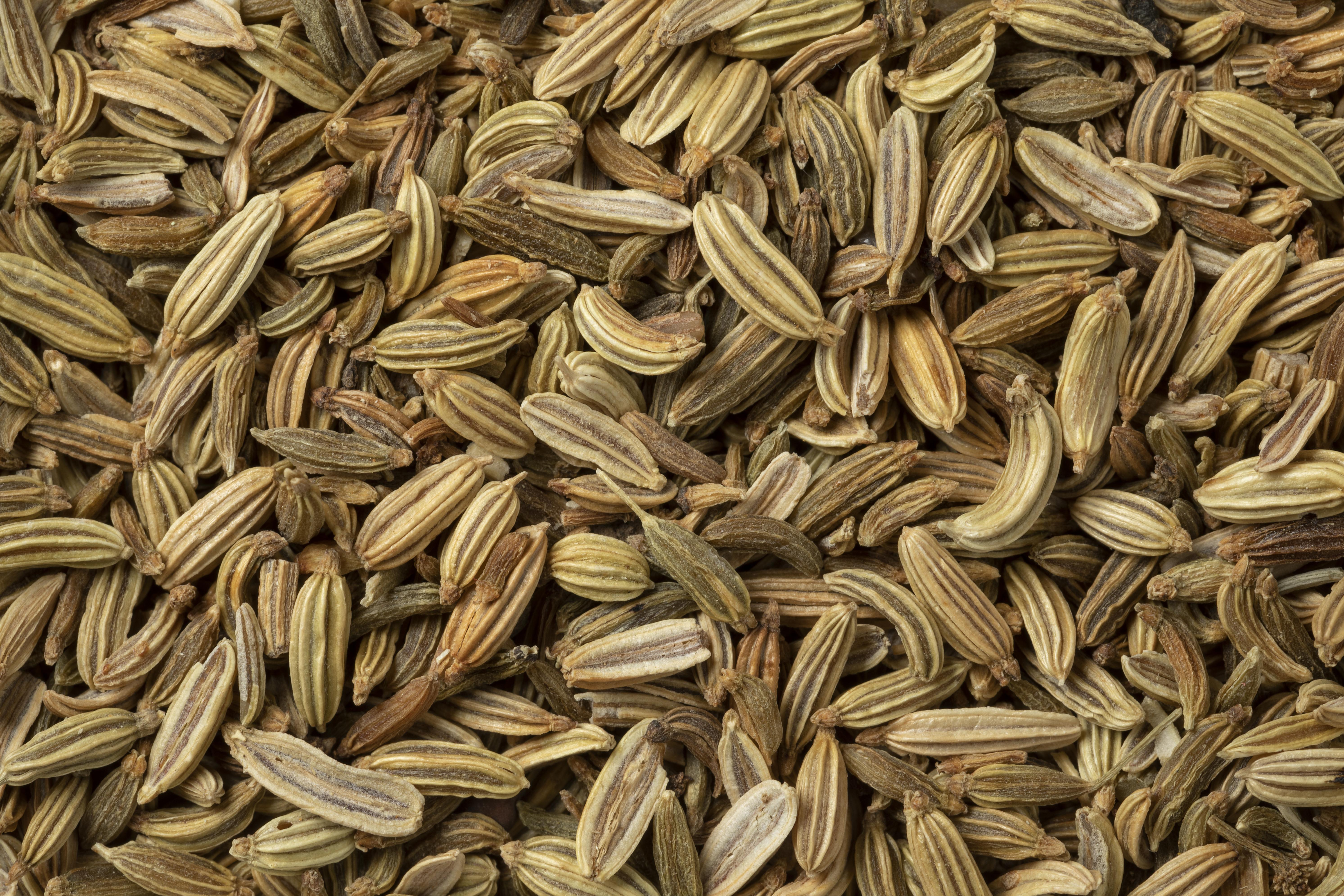
Fennel seeds have been used for centuries to calm bloating and aid digestion—but modern research also highlights their potent anti-inflammatory and antimicrobial properties. Rich in flavonoids and volatile oils like anethole, fennel seeds help reduce intestinal inflammation, ease muscle spasms, and regulate blood sugar levels. Chewing fennel seeds after meals can freshen breath and aid gut comfort, while steeping them into tea offers a soothing, bloat-busting ritual. Ground fennel can be added to spice blends, roasted vegetables, or soups for subtle licorice notes and digestive support. A small seed with powerful, system-soothing benefits.
28. Dried Shiitake Mushrooms: Immune Modulators
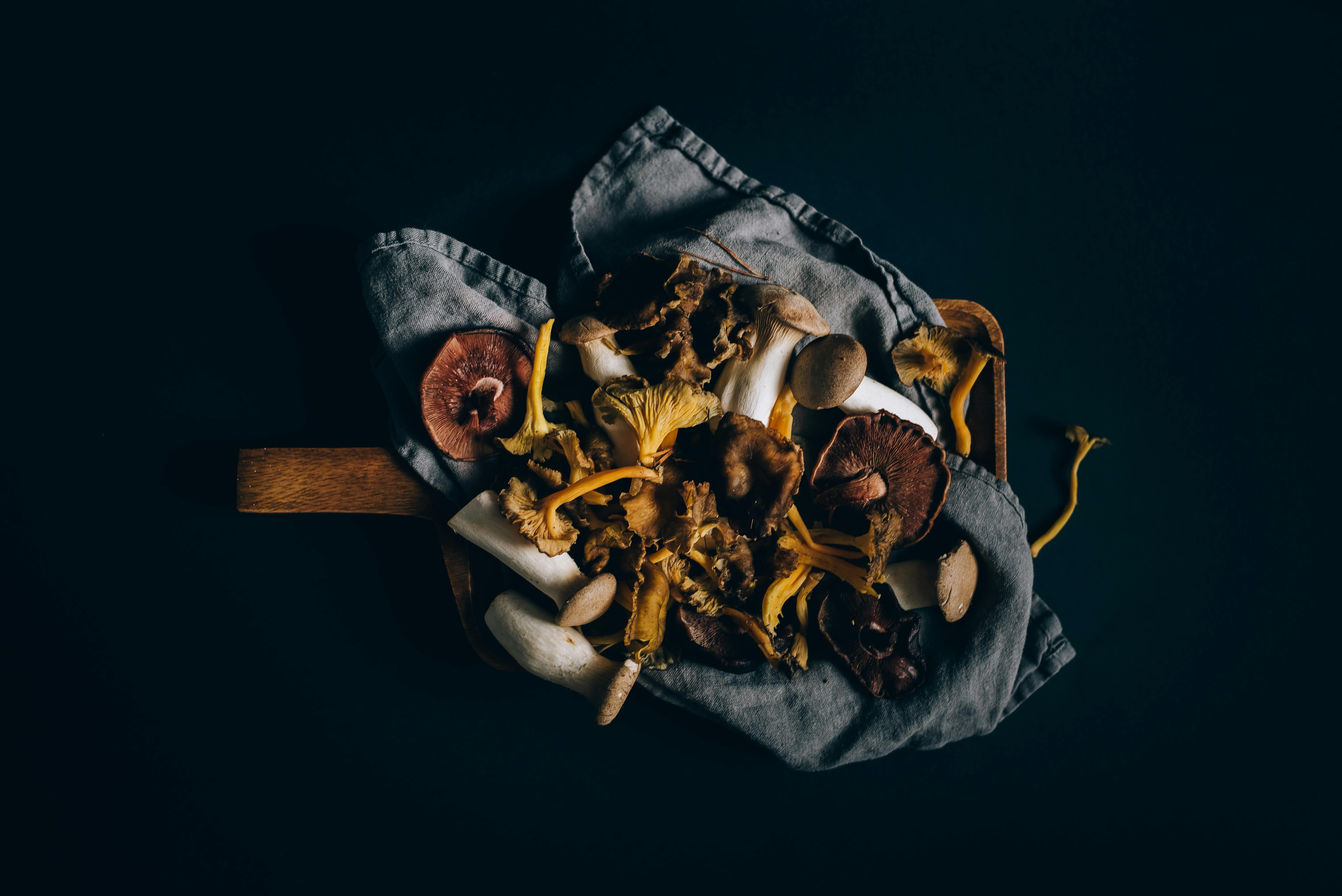
Dried Shiitake mushrooms are a fantastic pantry staple often overlooked for their medicinal properties. Once rehydrated, they add a rich, umami flavor, but their primary benefit comes from beta-glucans, complex carbohydrates that actively modulate the immune system. These compounds help balance the immune response, calming the overreaction that leads to chronic inflammation. They also contain lentinan, which supports gut integrity—a cornerstone of reduced systemic inflammation. Store them dried and add them to broths, soups, or stir-fries for a significant, savory boost to your immune defenses and inflammation control.
29. Canned Pumpkin Puree (Unsweetened): Carotenoid Champion

Unsweetened, canned pumpkin puree is an unsung hero, rich in the potent antioxidant beta-carotene (which your body converts to Vitamin A). This carotenoid plays a crucial role in reducing inflammation by neutralizing free radicals and supporting the health of mucosal linings, including those in the gut and lungs. Unlike fresh pumpkin, the canned puree is shelf-stable and ready to use in smoothies, oatmeal, soups, or even baked goods. Its dense nutrient profile makes it an exceptionally easy way to integrate high-impact, anti-inflammatory antioxidants into your daily routine, especially outside the fall season.
30. Bay Leaves: Digestive Relaxant and Anti-Inflammatory

Often just used for a quick simmer and discard, bay leaves contain active compounds like eugenol and cineole that possess significant anti-inflammatory and antiseptic properties. Their primary function in the body is to gently relax the smooth muscles of the digestive tract, aiding enzyme activity and reducing gut irritation and bloating. By improving digestion and reducing localized inflammation in the gut, they indirectly calm the systemic inflammatory response. Add a few leaves to soups, stews, rice, or lentil dishes for a subtle flavor and a powerful, centuries-old digestive benefit.
31. Dried Chili Threads/Korean Gochugaru: The Metabolic Regulator
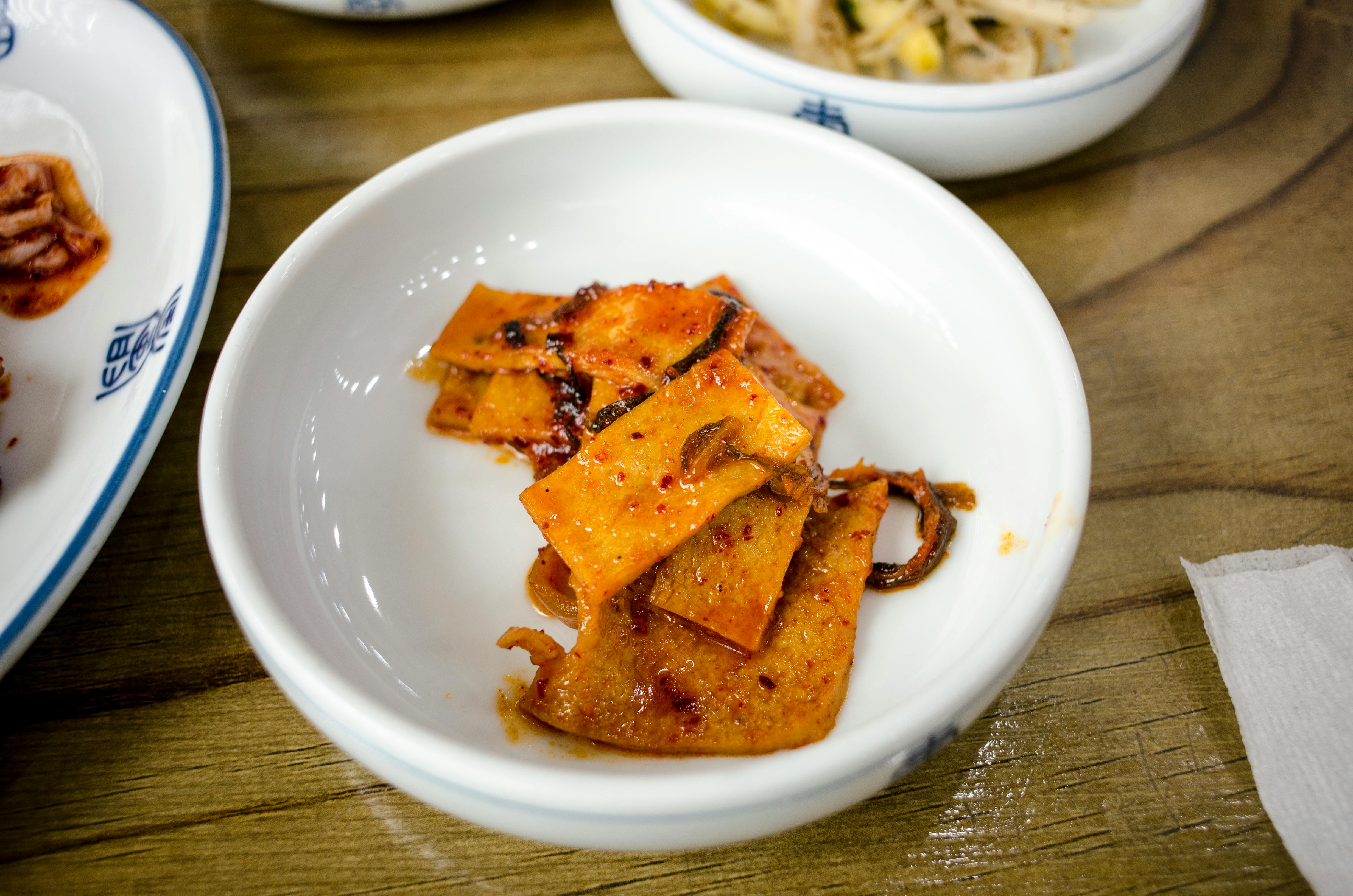
Beyond the capsaicin in traditional chili flakes, mild dried chiles like chili threads or Korean gochugaru are rich in compounds that support metabolic health, which is key to fighting inflammation. These dried peppers contain specific carotenoids and polyphenols that have been shown to help regulate insulin and blood sugar levels. Since blood sugar spikes are a major driver of inflammation, any food that promotes metabolic stability is a powerful anti-inflammatory tool. Use these mild flakes in eggs, vegetables, marinades, or kimchi for flavor, color, and a gentle metabolic boost without excessive heat.
32. Agar-Agar Flakes/Powder: Gut Fiber without the Carb Load

Agar-agar, a gelatinous substance derived from red algae, is a vegetarian, shelf-stable substitute for gelatin, but its anti-inflammatory benefit lies in its unique soluble fiber structure. When consumed, it passes through the small intestine mostly undigested, acting as a potent prebiotic that feeds beneficial bacteria in the colon. This process increases the production of anti-inflammatory short-chain fatty acids (SCFAs) without adding significant carbohydrates. Use the powder or flakes to thicken desserts, make vegan jellies, or simply mix a small amount into water or smoothies to quietly nourish your gut microbiome.
Your Pantry, Your Power
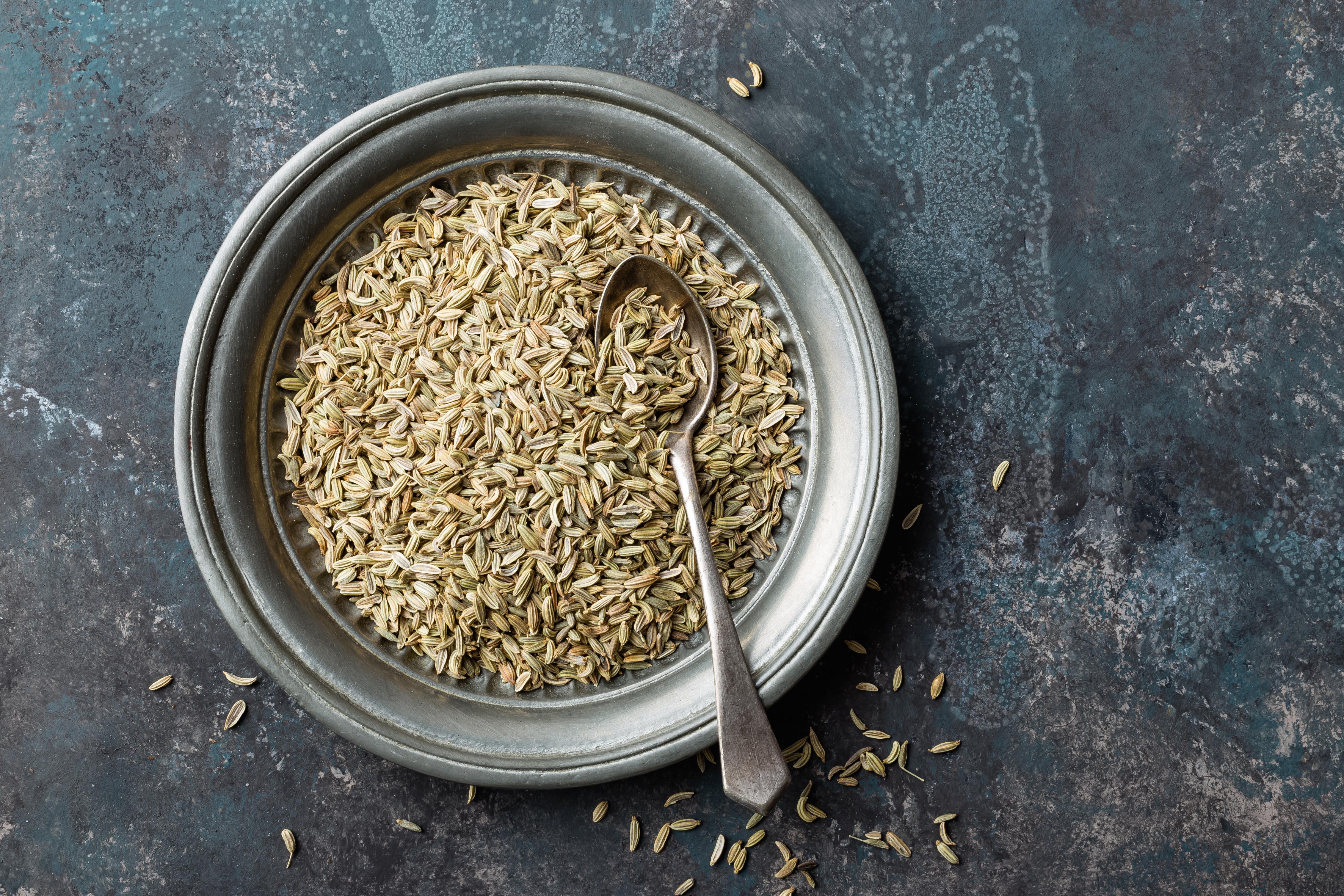
Your pantry isn’t just a storage space—it’s your first line of defense. With the right staples on your shelves, every meal becomes a quiet act of healing. These 27 science-backed ingredients weren’t chosen for trends—they were chosen because they work. From the anti-inflammatory magic of turmeric and ginger to the gut-balancing power of legumes and fermented foods, each item plays a role in soothing your system, naturally and deliciously. No extremes. No expensive fixes. Just everyday foods doing extraordinary things. Whether you’re roasting vegetables with rosemary, stirring chia seeds into your oats, or sipping green tea after lunch, you’re not just eating—you’re restoring. So next time you reach for something in your kitchen, remember: the simplest choices often carry the greatest impact. Start where you are. Cook what you have. And let your pantry become the quiet, consistent partner in your journey to lower inflammation and better health.